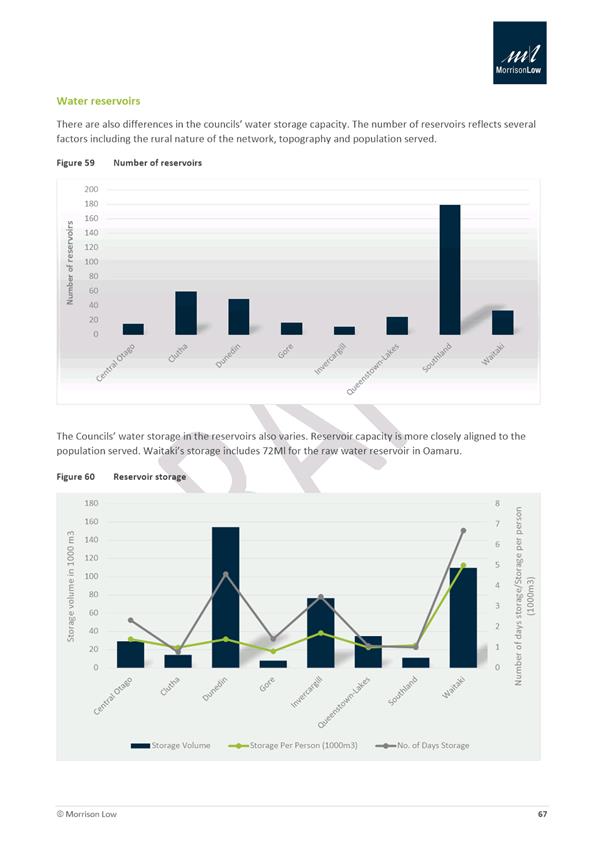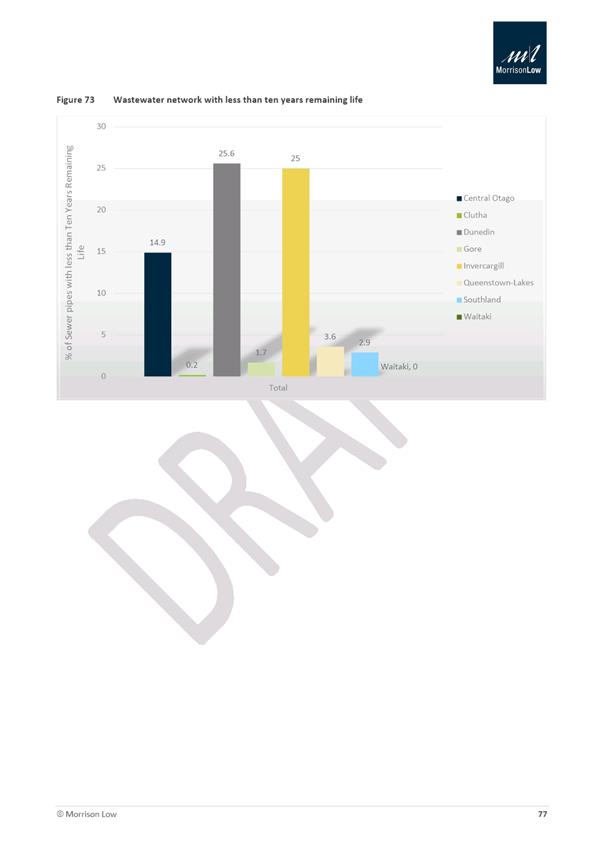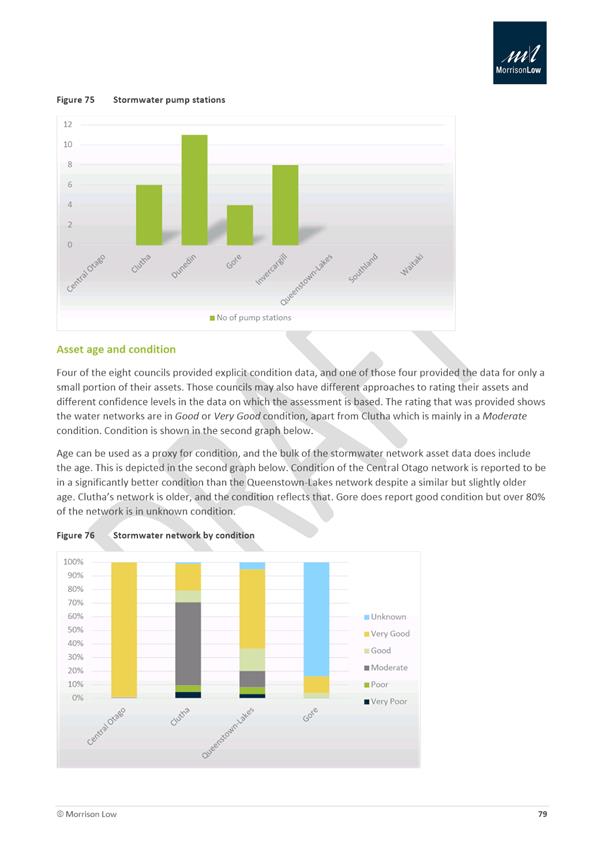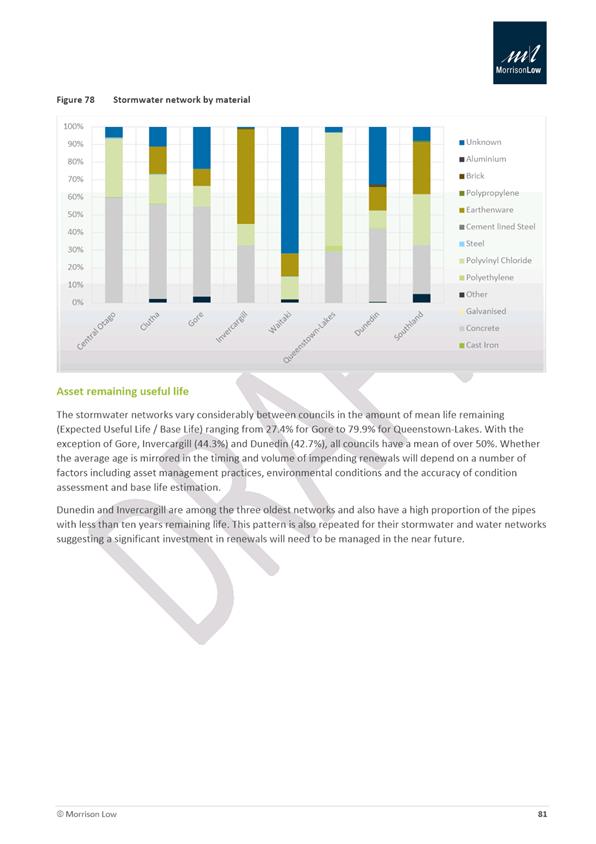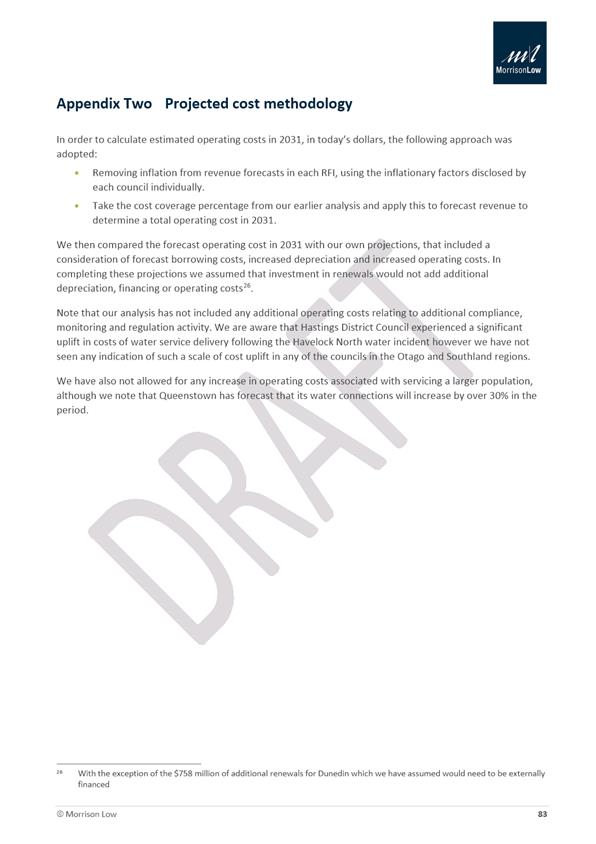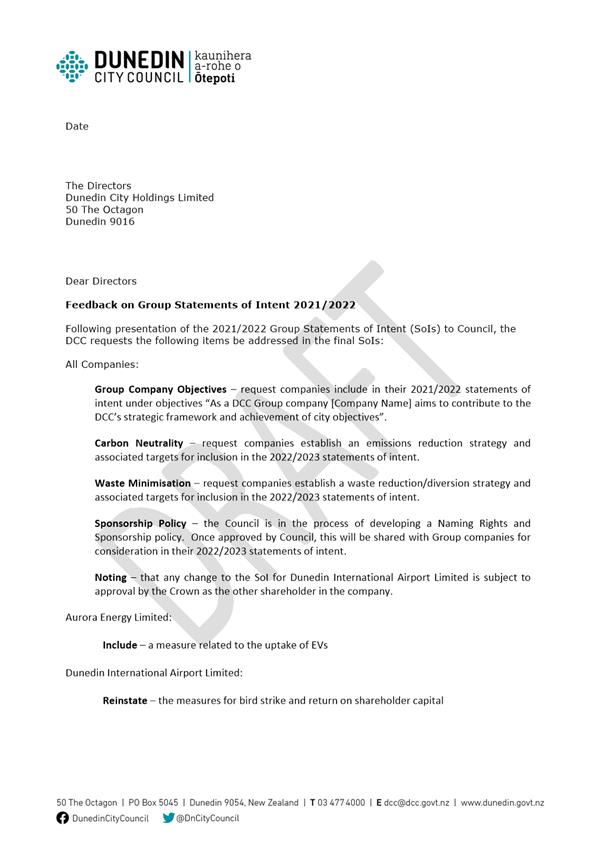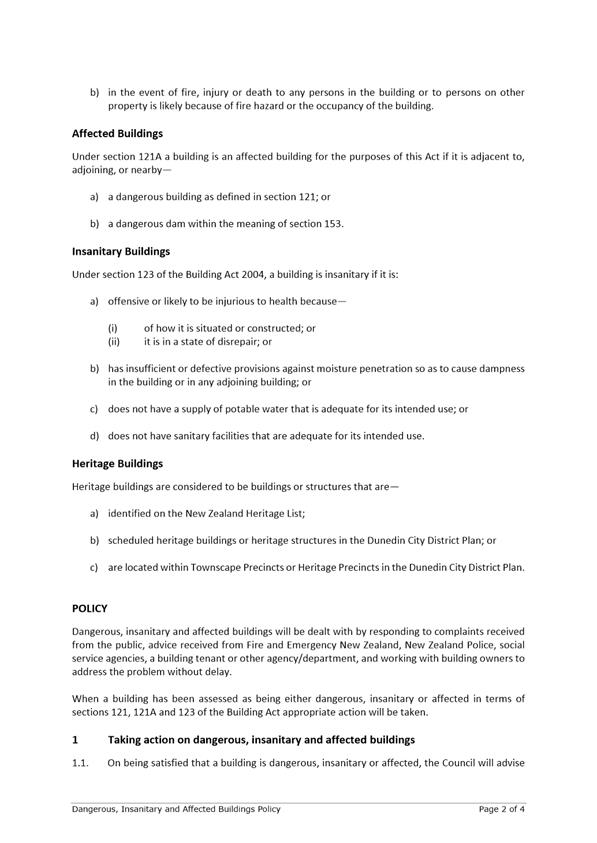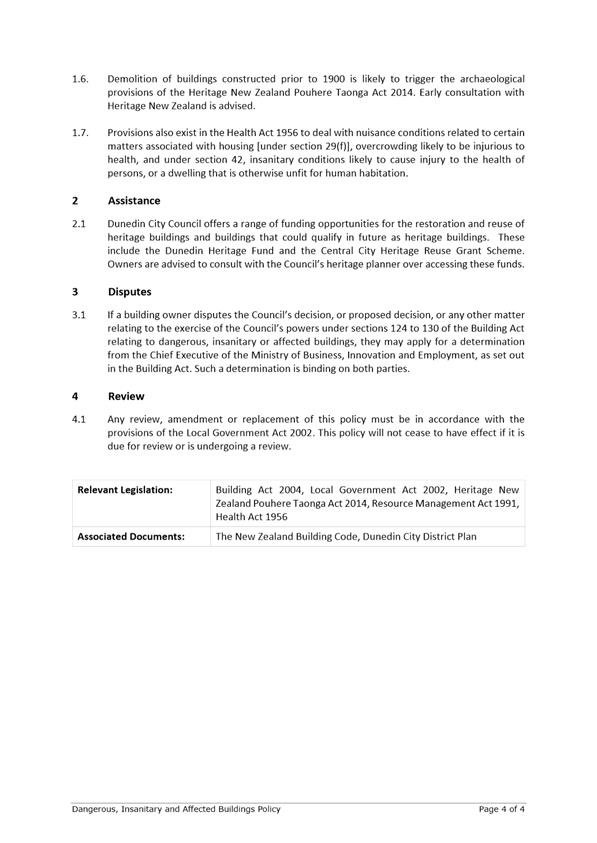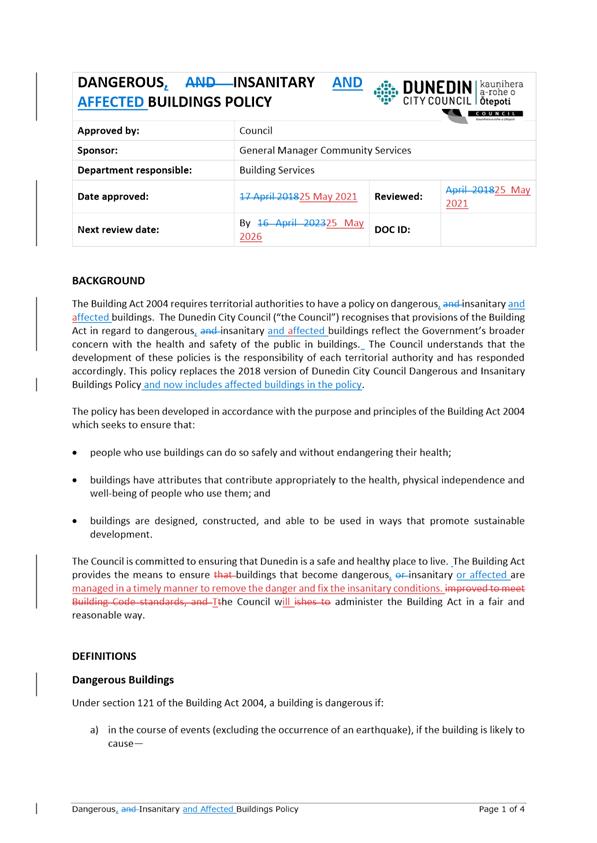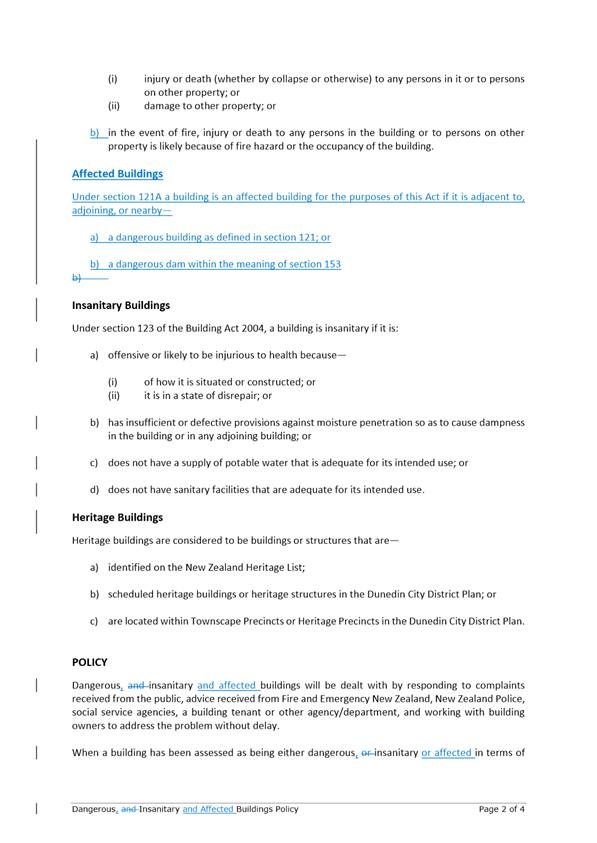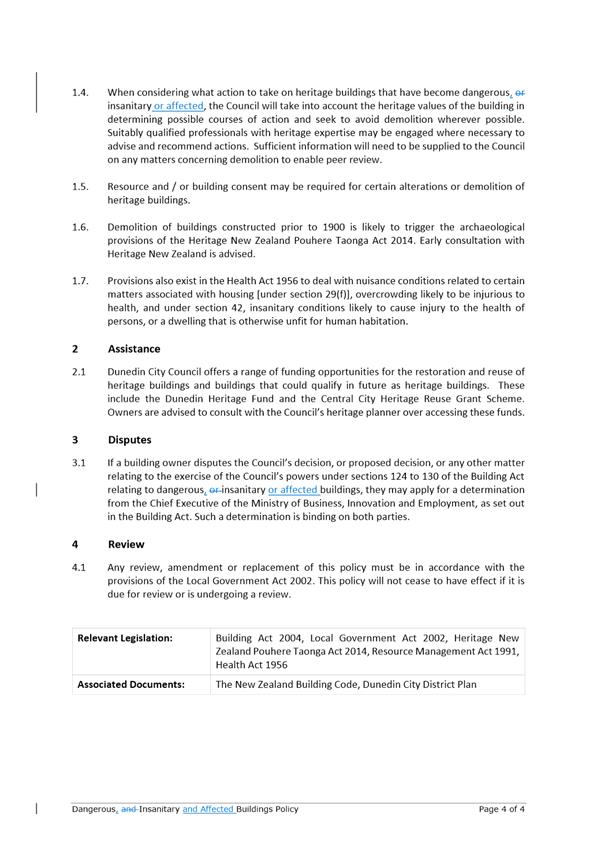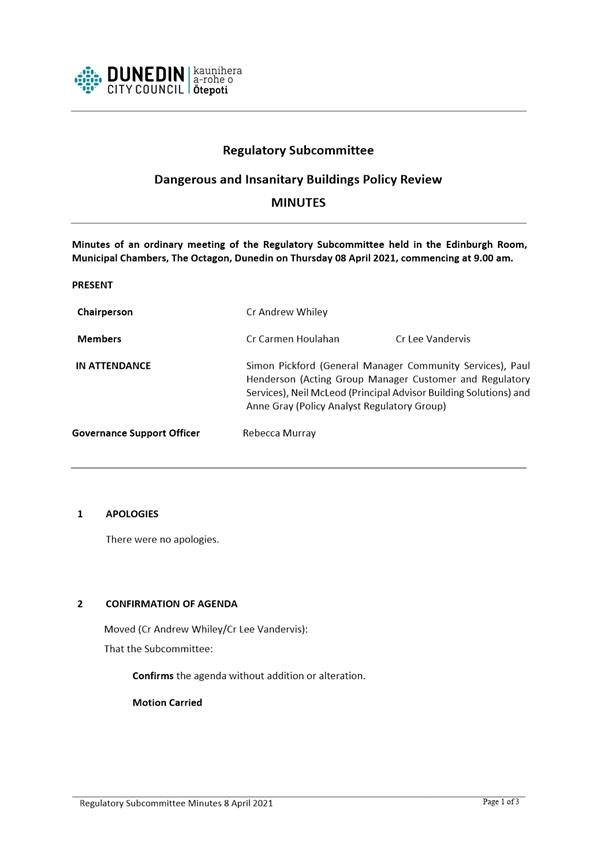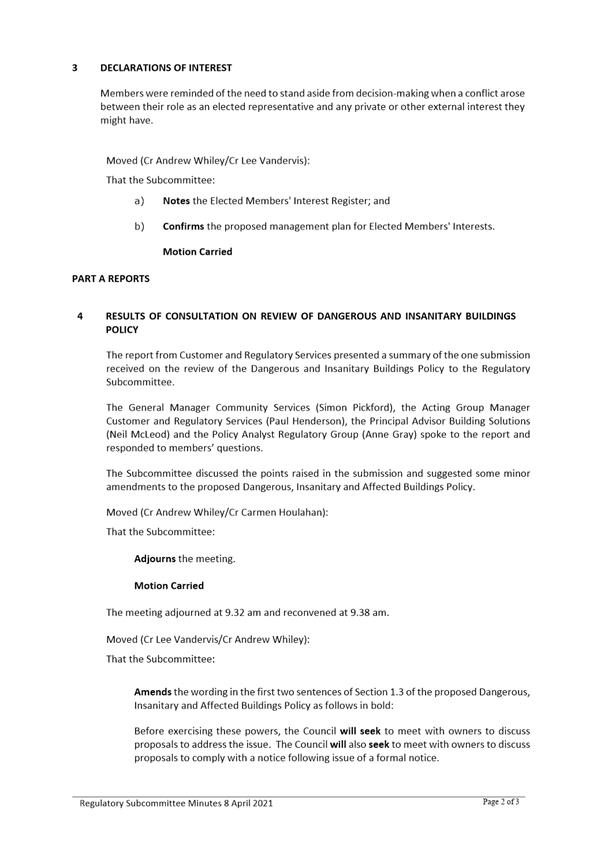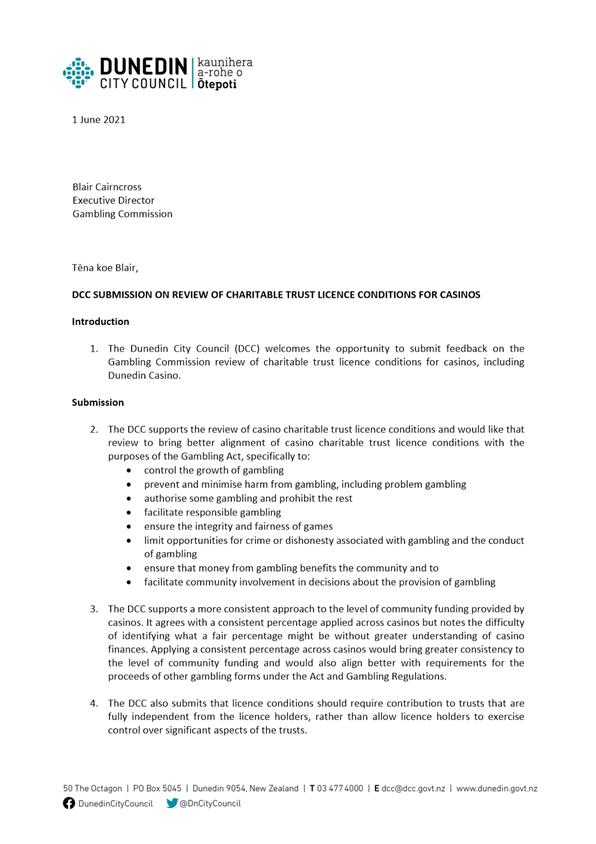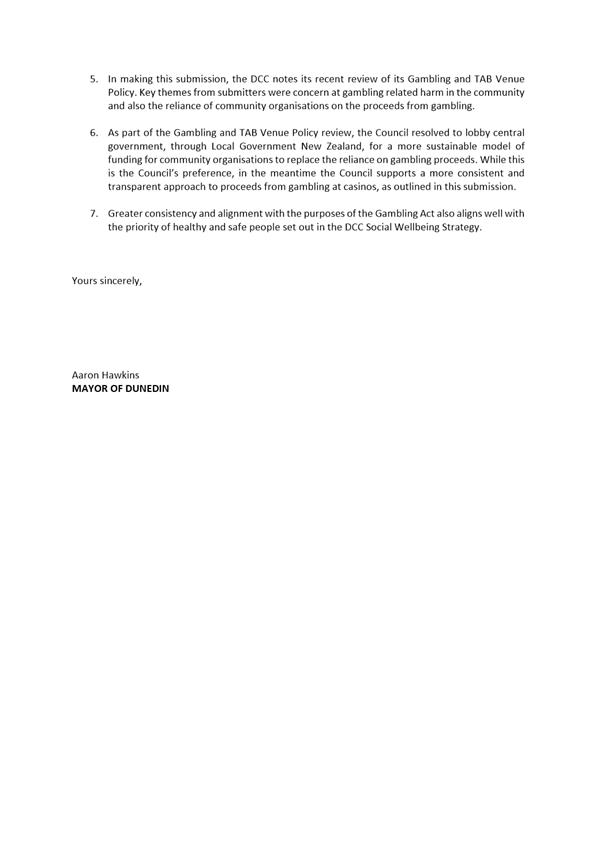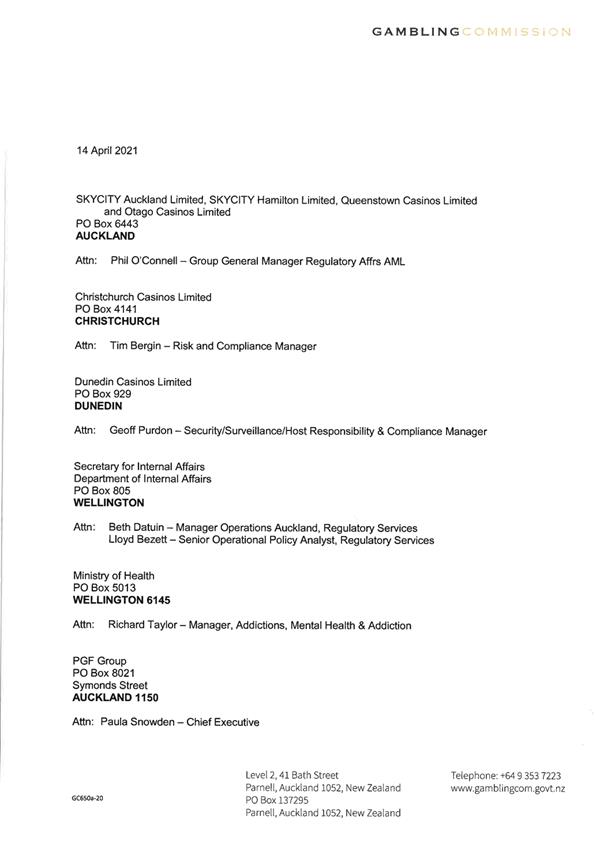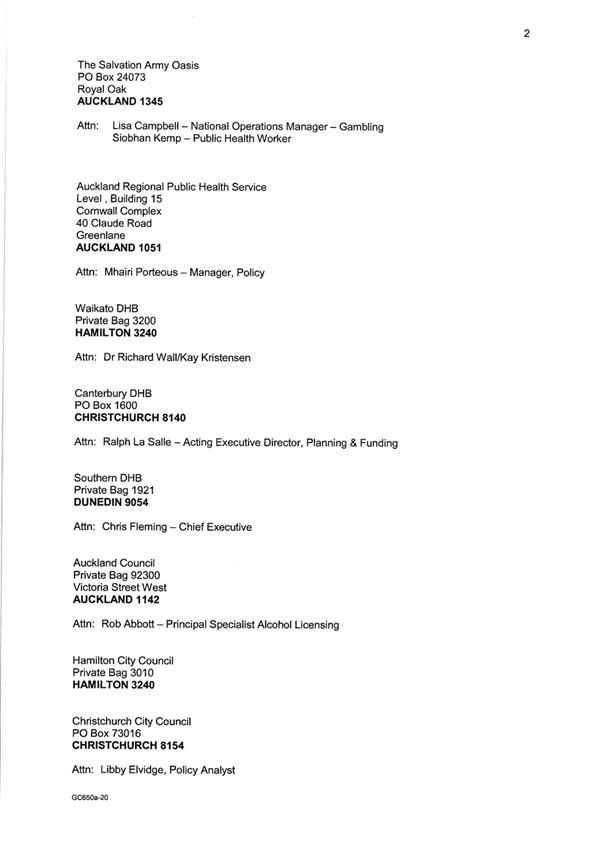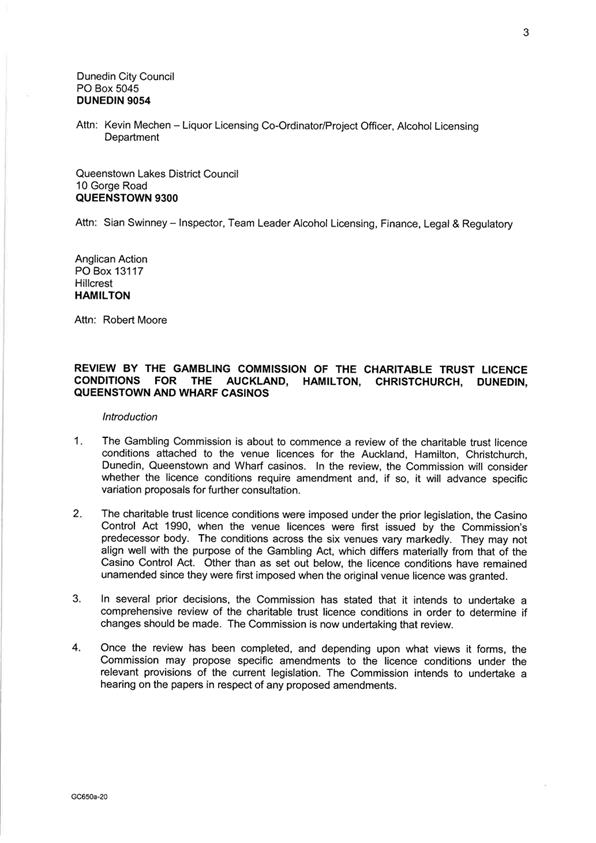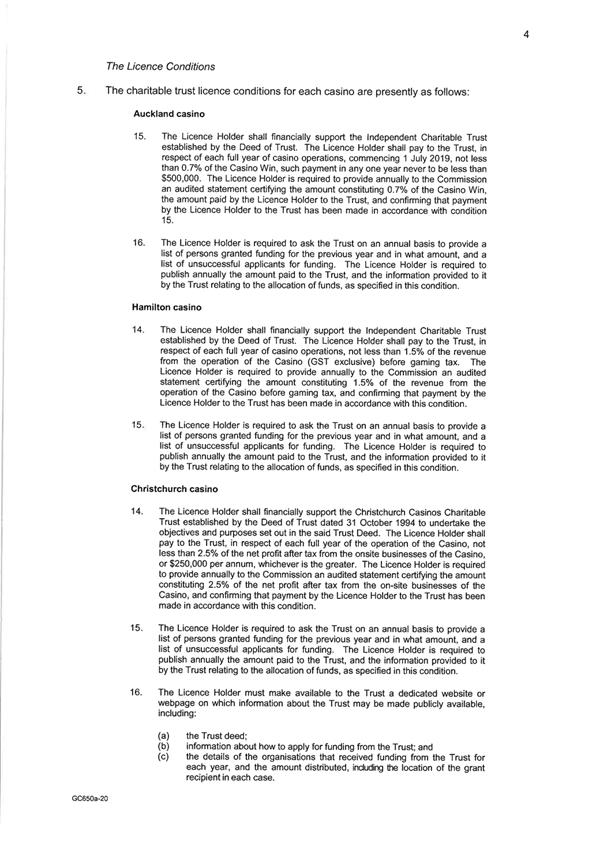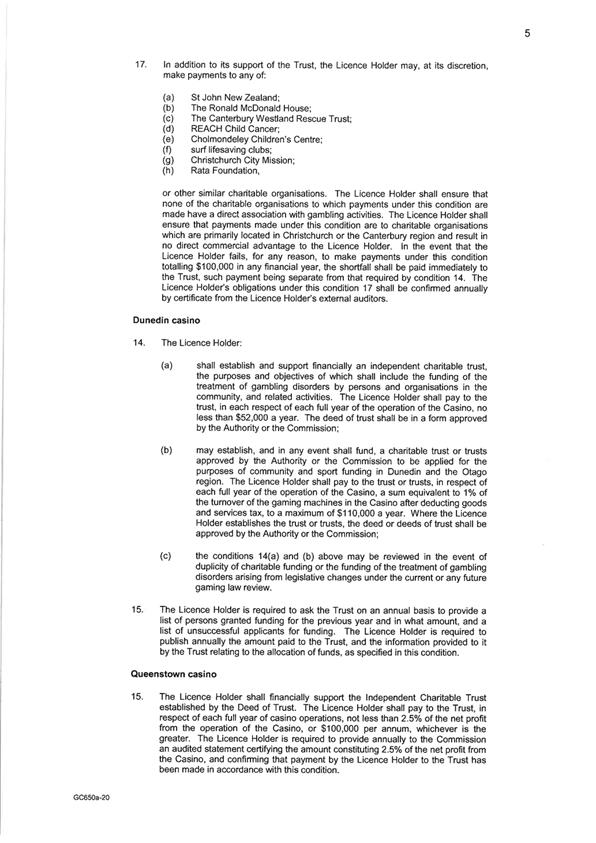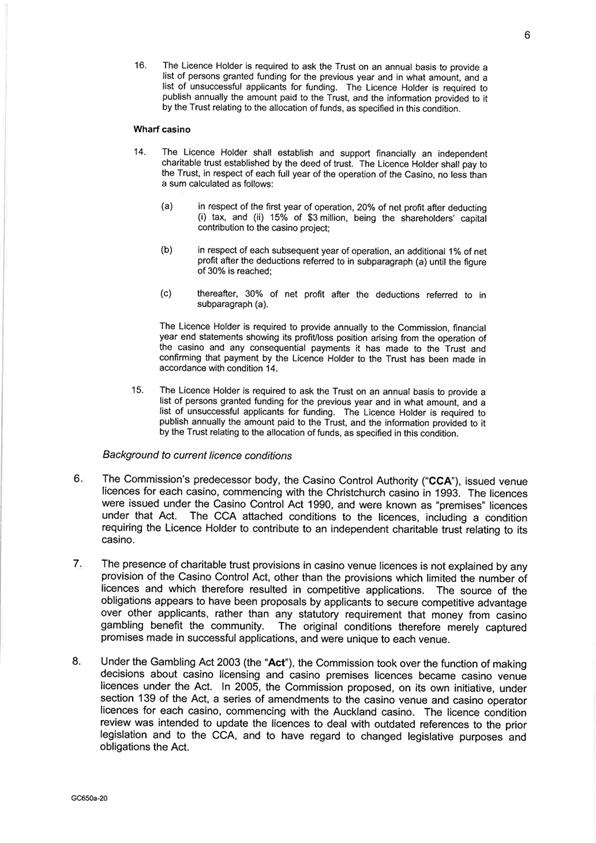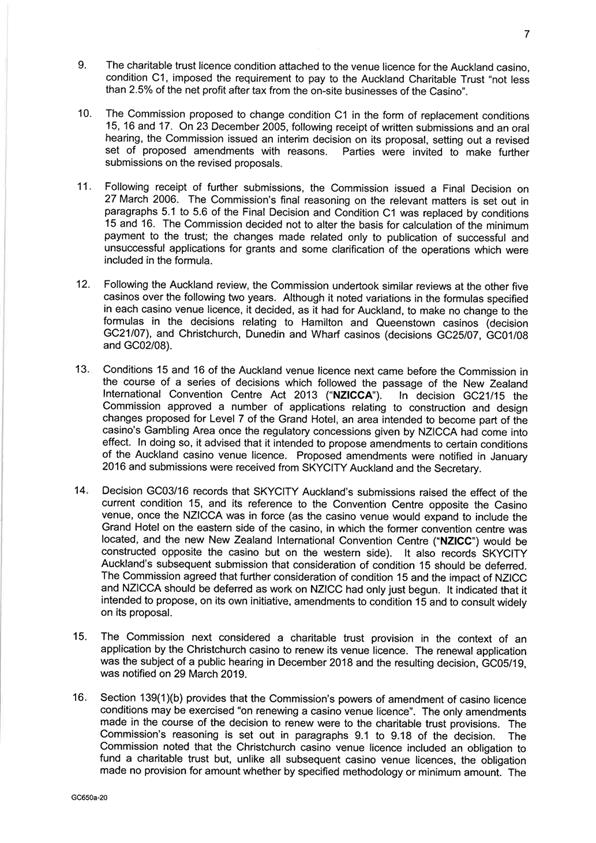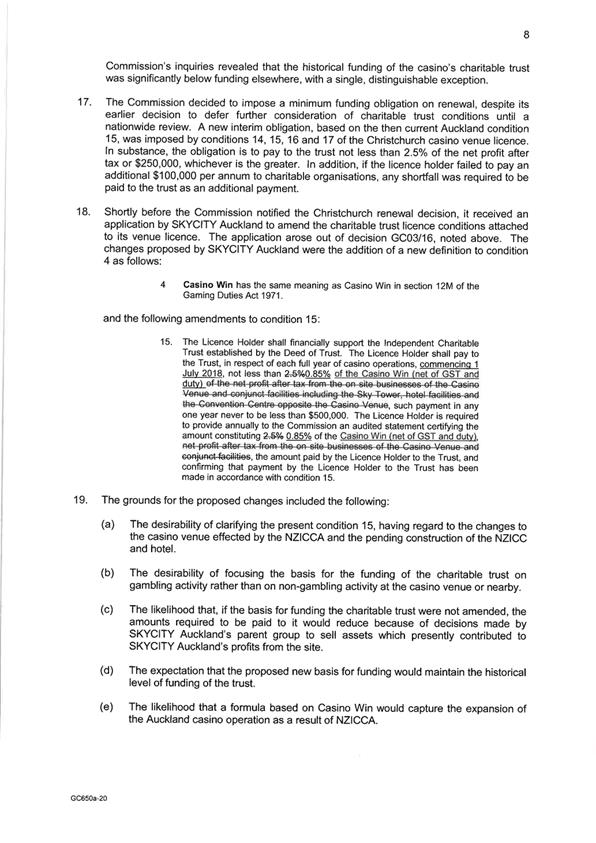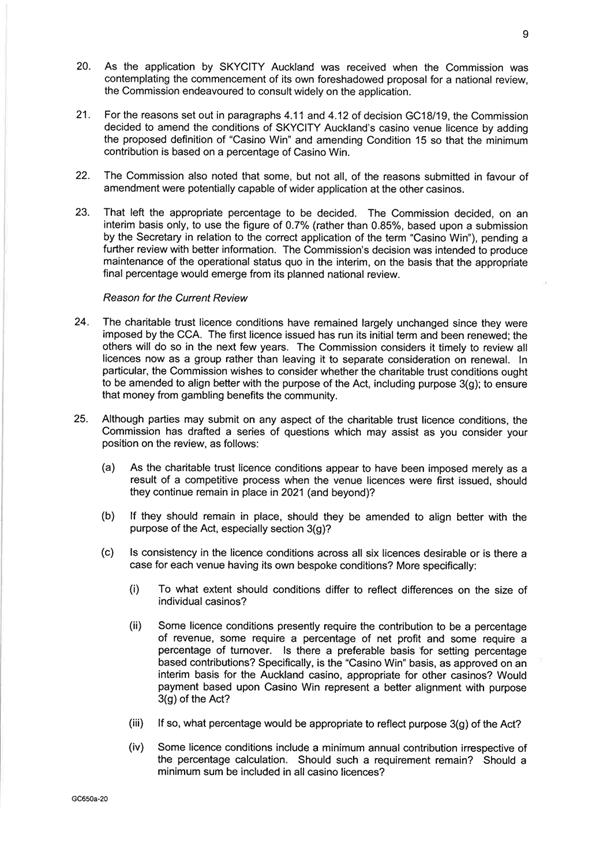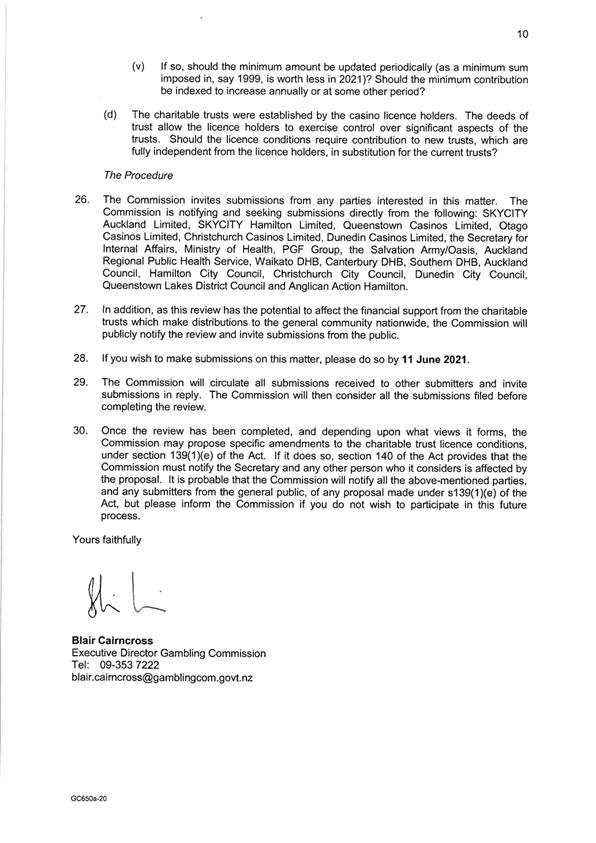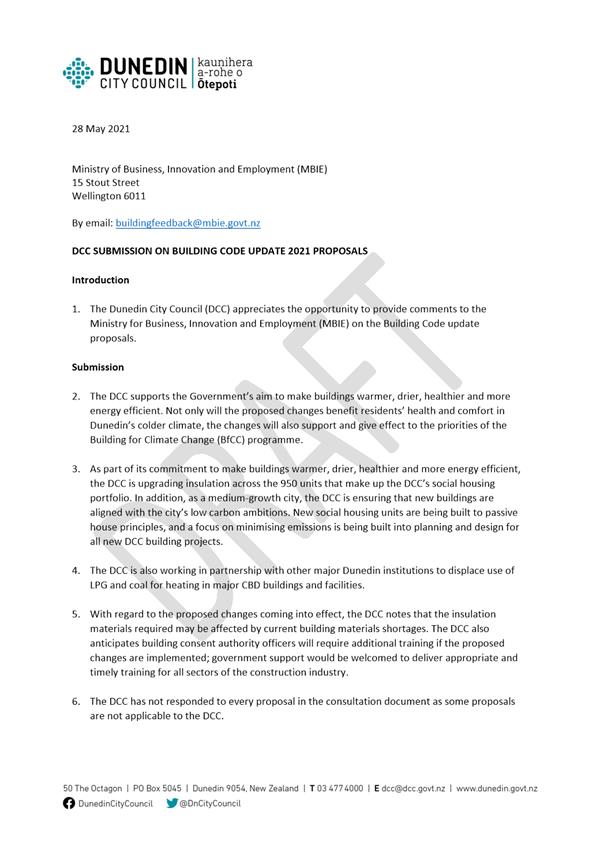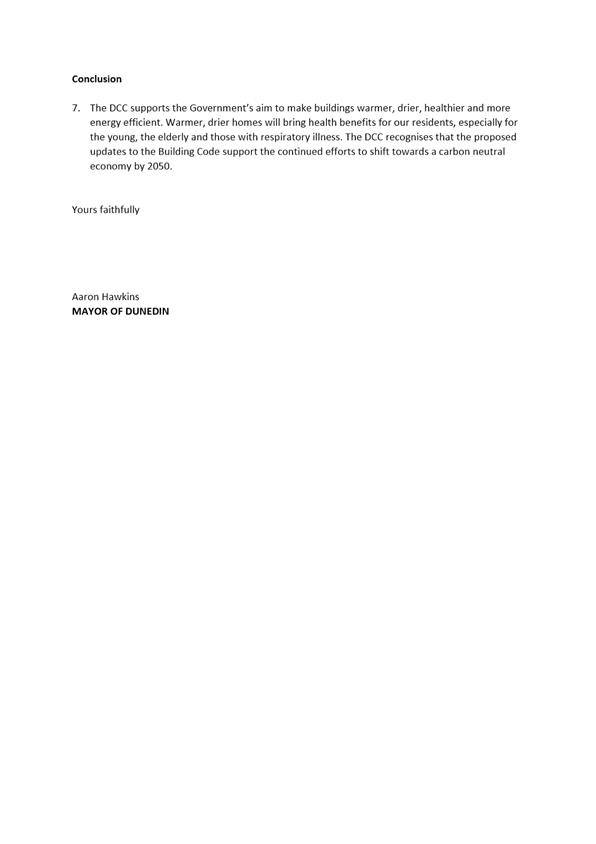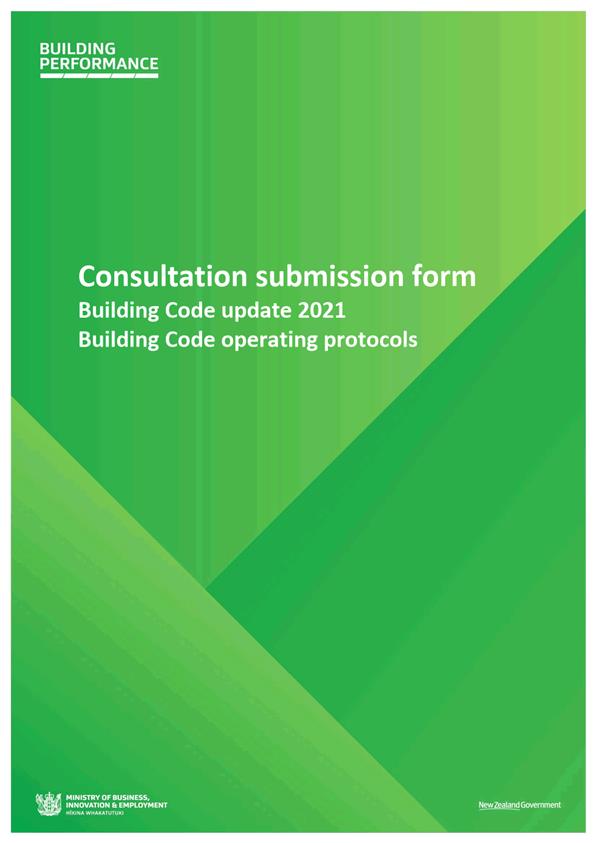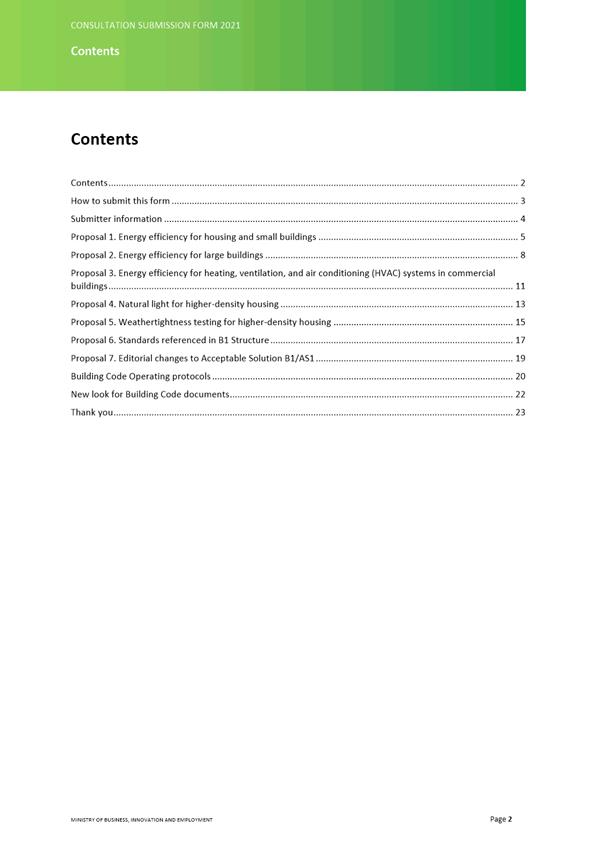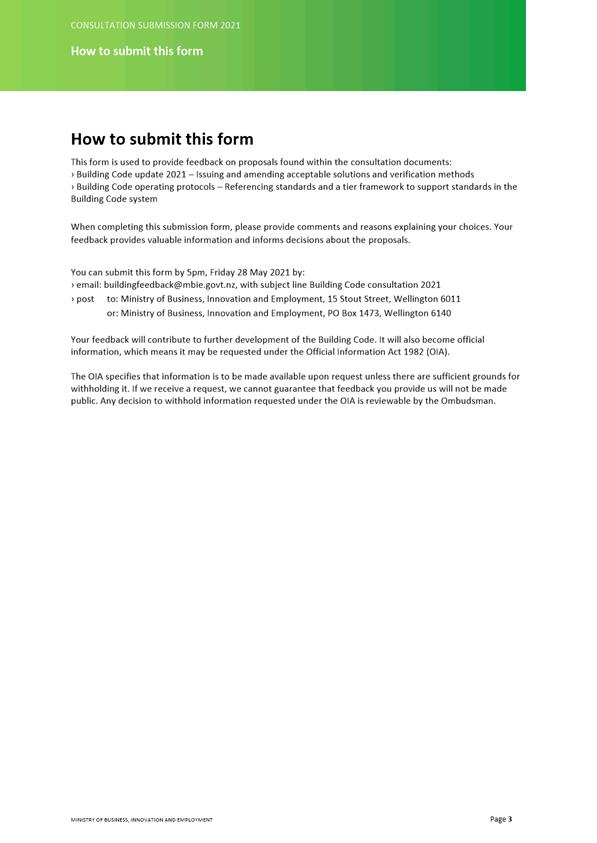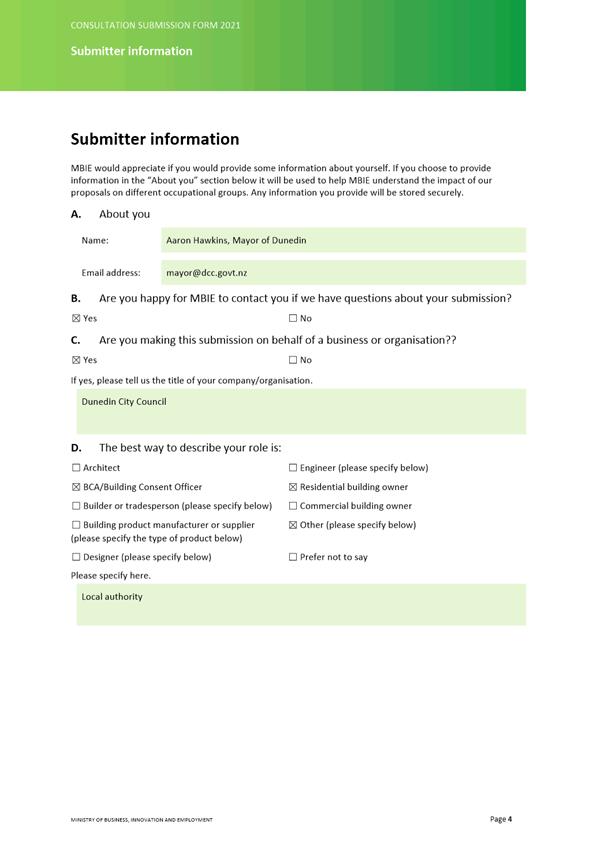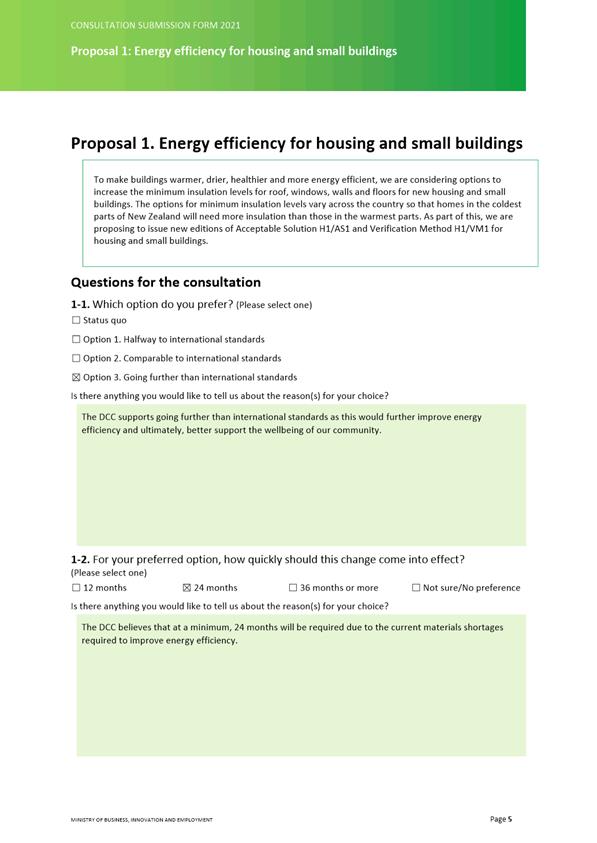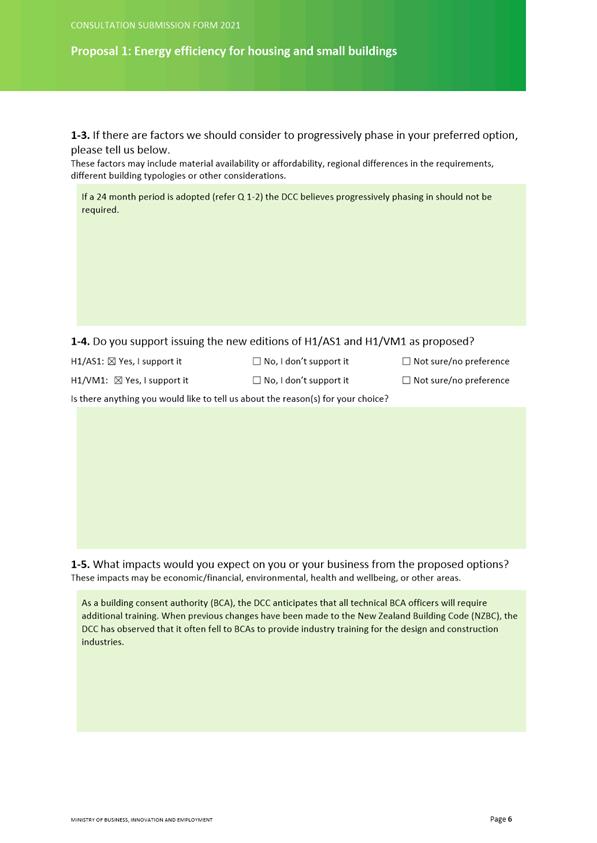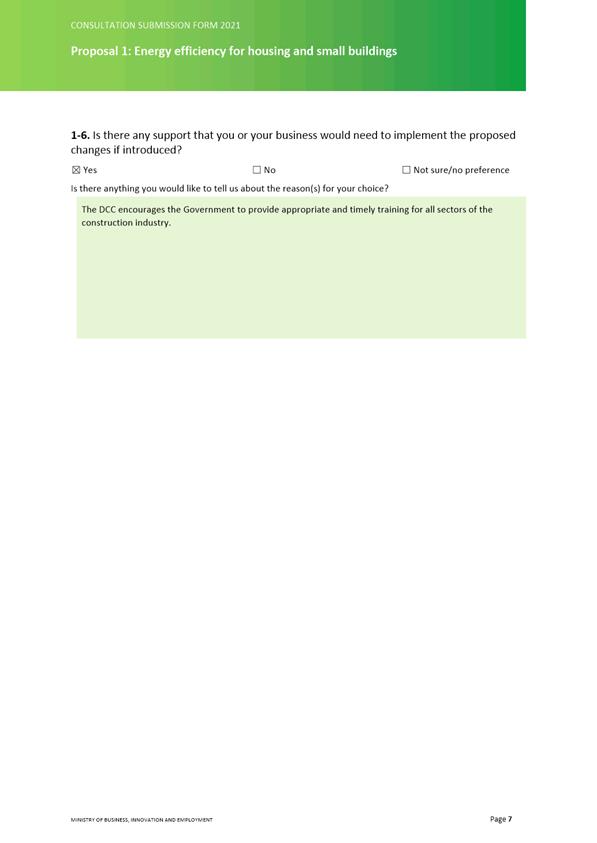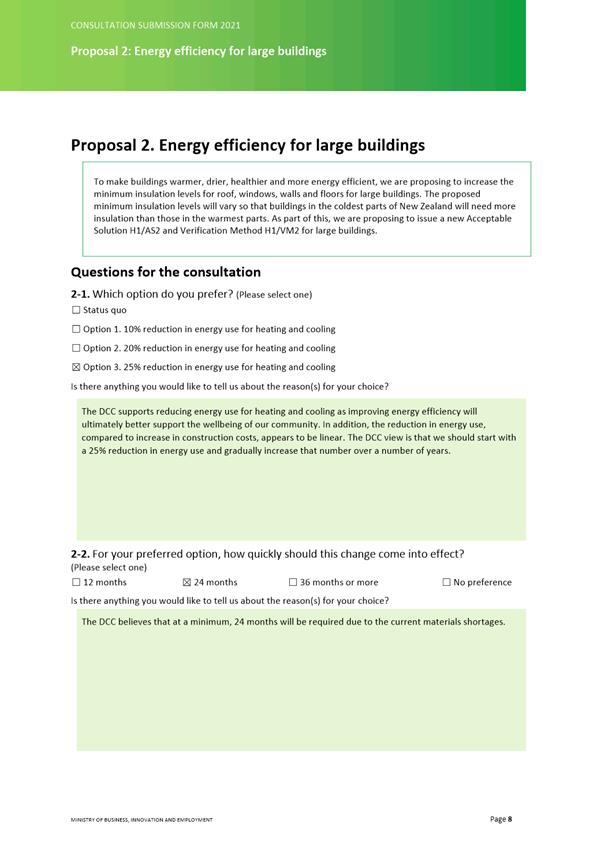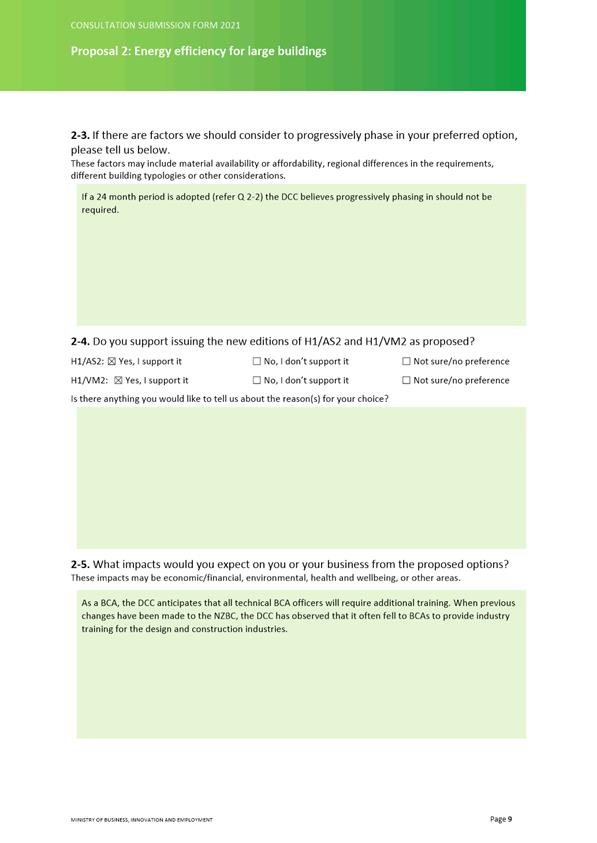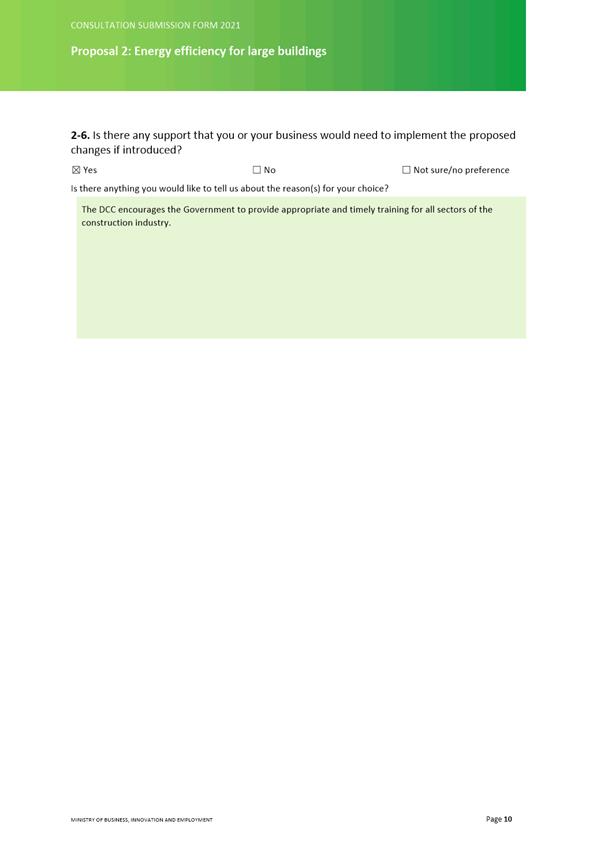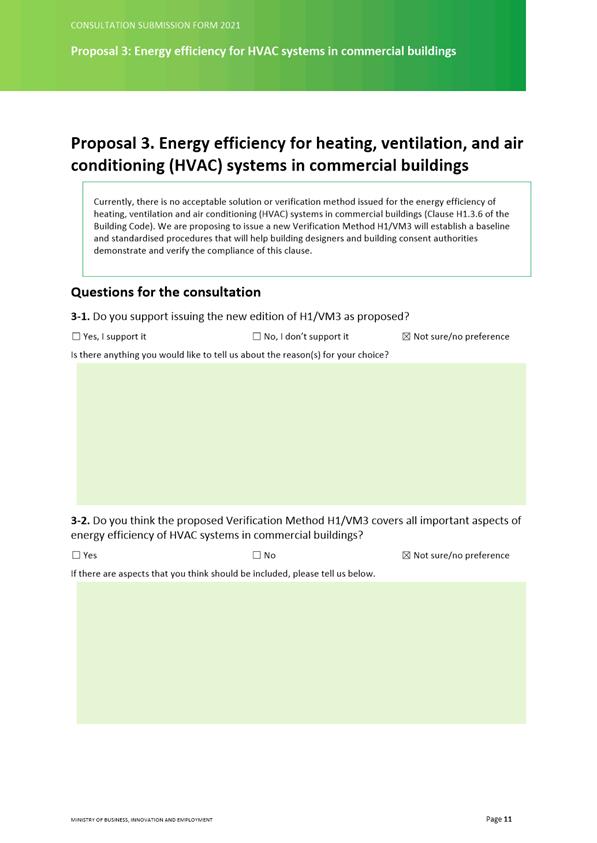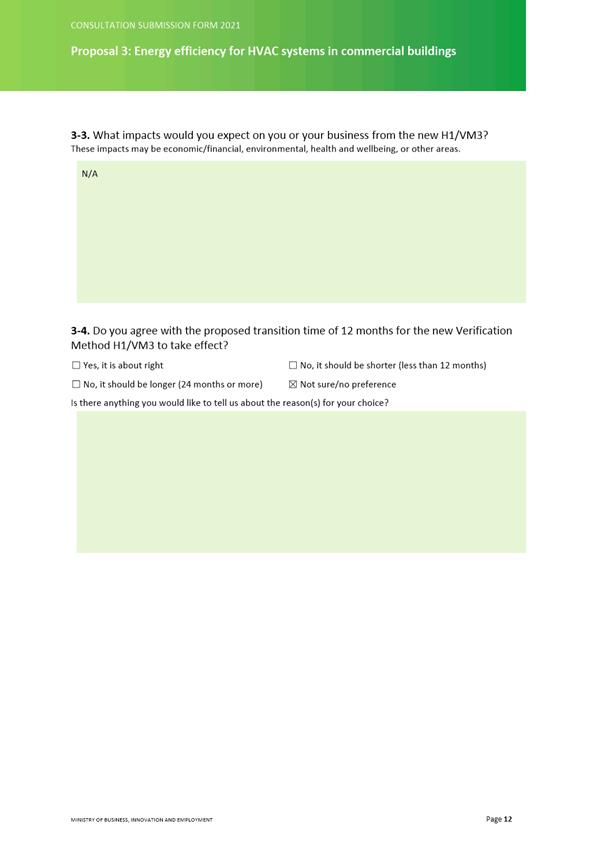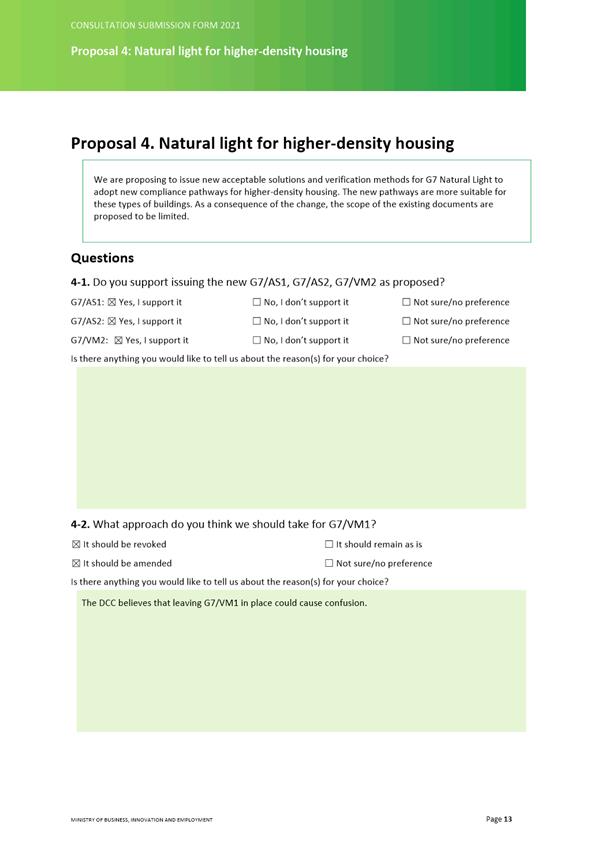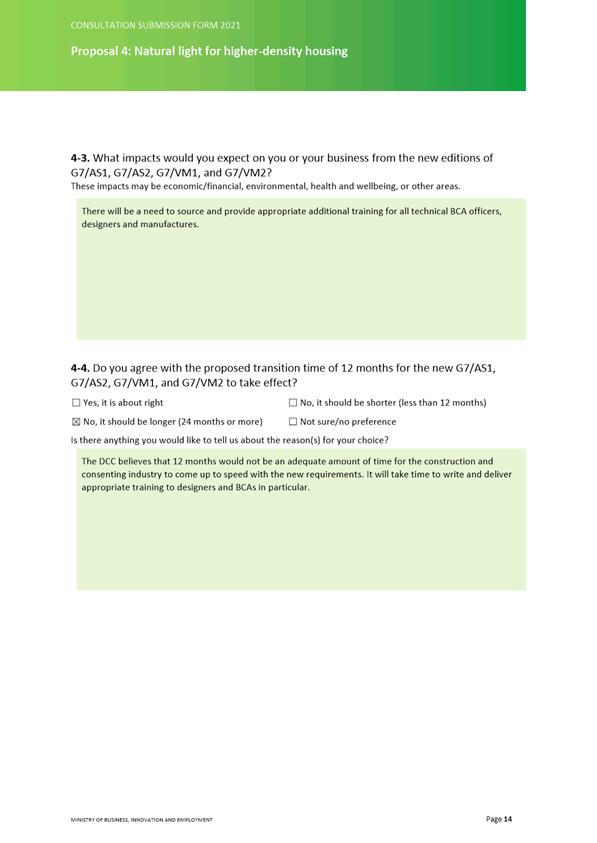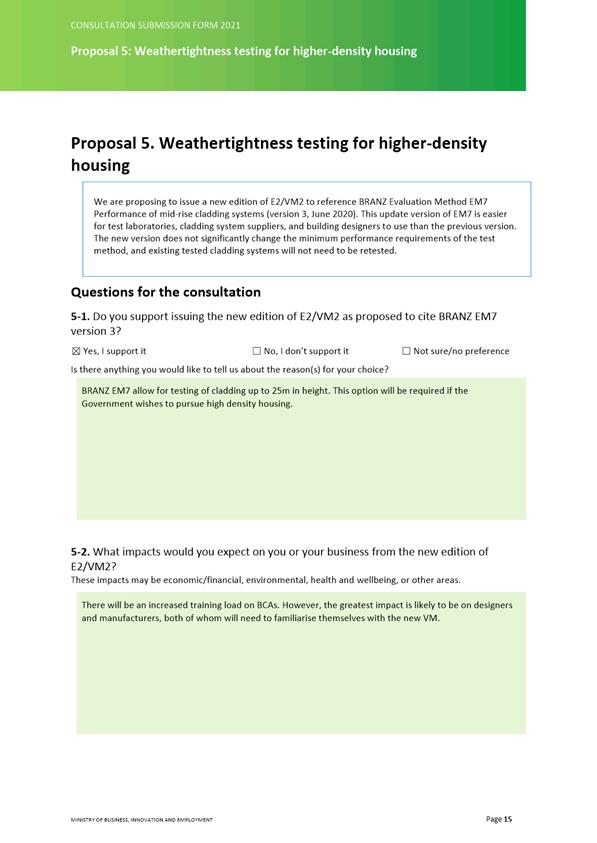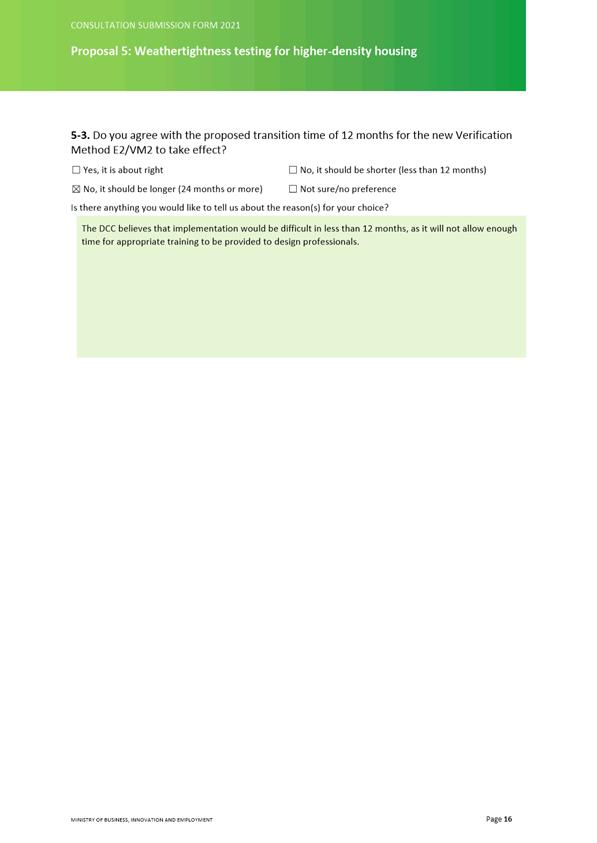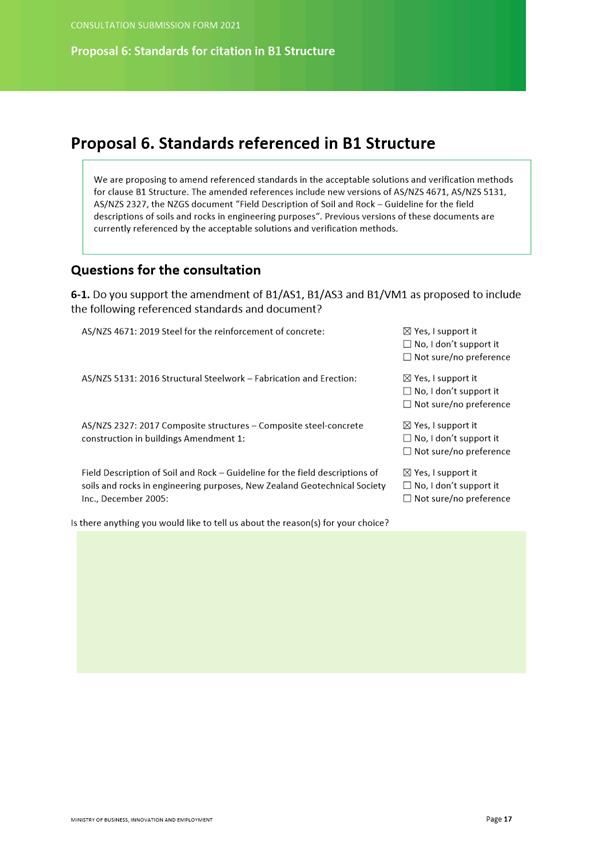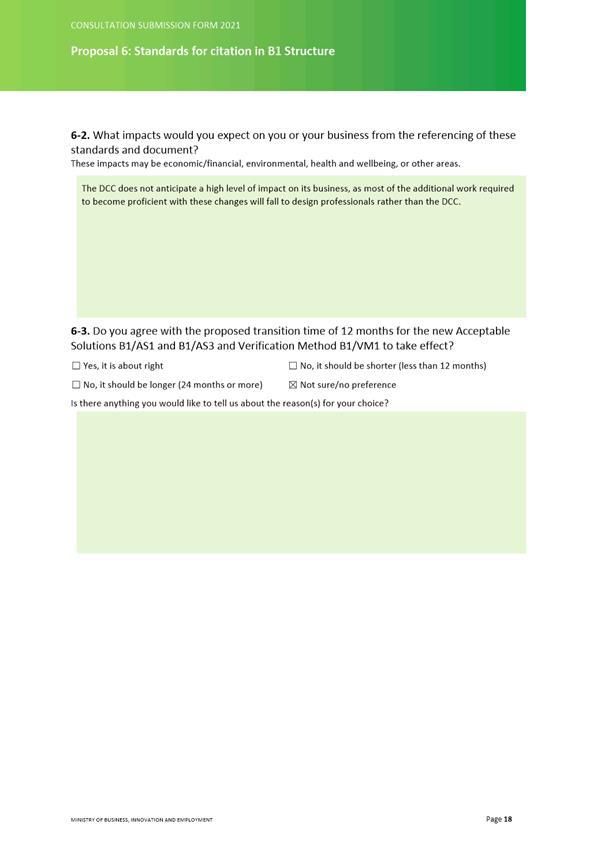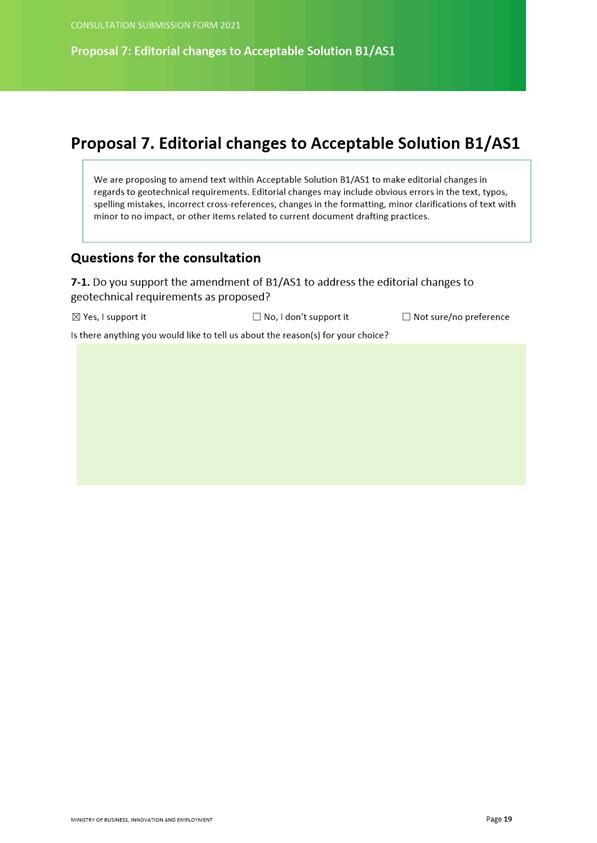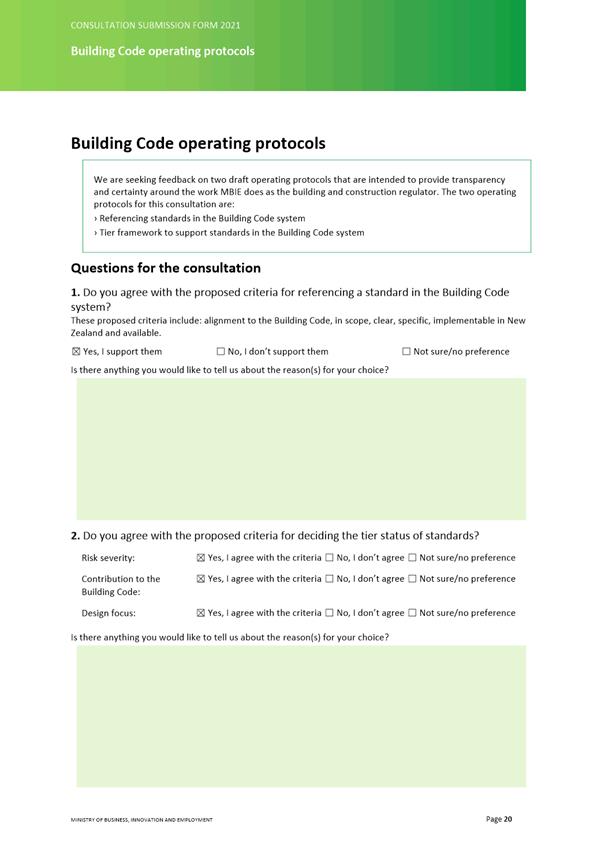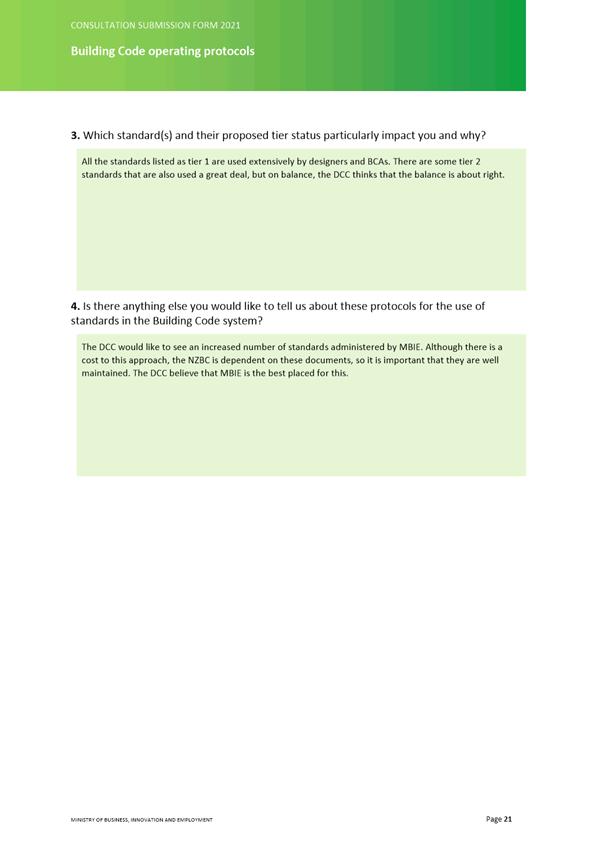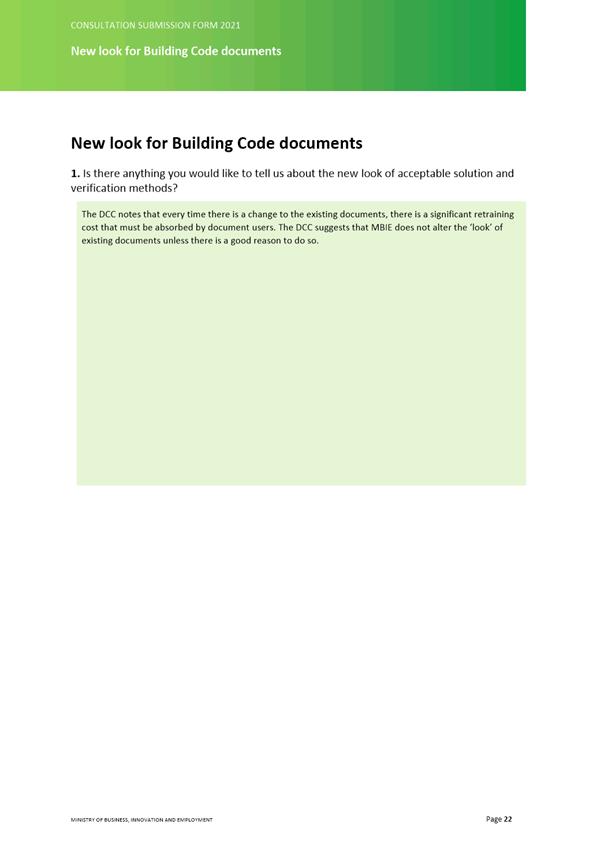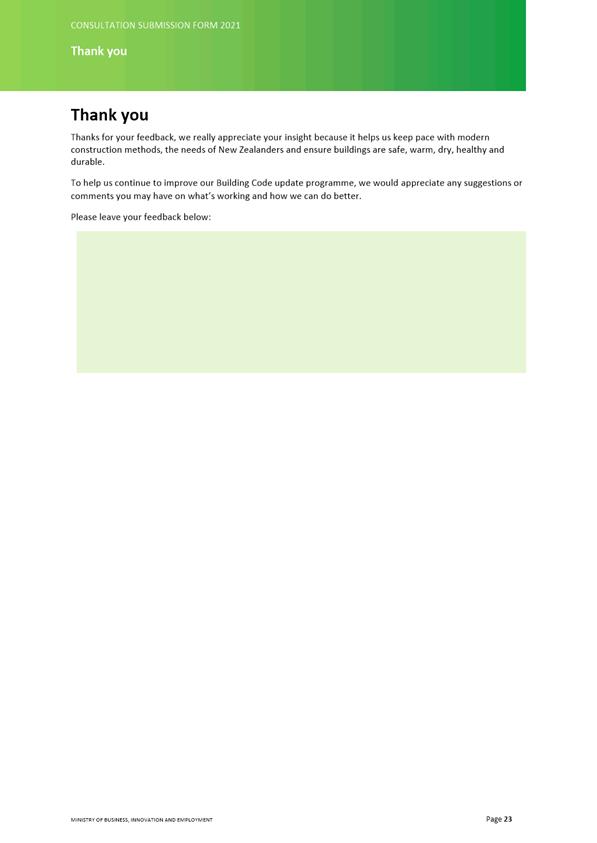Notice of Meeting:
I hereby give notice that an ordinary meeting of the Dunedin
City Council will be held on:
Date: Tuesday
25 May 2021
Time: 10.00
am
Venue: Council
Chamber, Municipal Chambers, The Octagon, Dunedin
Sandy Graham
Council
PUBLIC AGENDA
|
Mayor
|
Mayor Aaron Hawkins
|
|
|
Deputy Mayor
|
Cr Christine Garey
|
|
|
Members
|
Cr Sophie Barker
|
Cr David Benson-Pope
|
|
|
Cr Rachel Elder
|
Cr Doug Hall
|
|
|
Cr Carmen Houlahan
|
Cr Marie Laufiso
|
|
|
Cr Mike Lord
|
Cr Jim O'Malley
|
|
|
Cr Jules Radich
|
Cr Chris Staynes
|
|
|
Cr Lee Vandervis
|
Cr Steve Walker
|
|
|
Cr Andrew Whiley
|
|
Senior Officer Sandy
Graham, Chief Executive Officer
Governance Support Officer Lynne
Adamson
Lynne Adamson
Governance Support Officer
Telephone: 03 477 4000
Lynne.Adamson@dcc.govt.nz
www.dunedin.govt.nz
Note: Reports
and recommendations contained in this agenda are not to be considered as
Council policy until adopted.
|

|
Council
25 May 2021
|
ITEM TABLE OF CONTENTS PAGE
1 Opening 4
2 Public
Forum 4
3 Apologies 4
4 Confirmation
of Agenda 4
5 Declaration
of Interest 5
6 Confirmation
of Minutes 19
6.1 Ordinary Council
meeting - 13 April 2021 19
Minutes
of Community Boards
7 Mosgiel-Taieri
Community Board - 17 February 2021 20
8 Waikouaiti
Coast Community Board - 24 March 2021 21
9 Strath
Taieri Community Board - 25 March 2021 22
10 Otago
Peninsula Community Board - 25 March 2021 23
11 West
Harbour Community Board - 17 March 2021 24
Reports
12 Actions
From Resolutions of Council Meetings 25
13 Council
Forward Work Programme 31
14 Covid-19
Support Fund Update 45
15 Three
Waters Reform Update 50
16 Feedback
on the Draft 2021/22 Statements of Intent - Dunedin City Holdings Limited
Group
Companies 247
17 Terms
of Reference for the Review of the DCC Waikouaiti, Karitane and Hawksbury
Village
Water Response 254
18 Adoption
of the Litter Compliance Policy 2020 259
19 Regulatory
Subcommittee Recommendation on Dangerous and Insanitary Buildings
Policy
Review 273
20 Submission
to Gambling Commission on Review of Charitable Trust Licence
Conditions
for Casinos 290
21 DCC
Submission on Building Code Update 2021 Proposals 310
22 Financial
Result - Period Ended 30 April 2021 339
Resolution to Exclude the Public 349
|

|
Council
25 May 2021
|
1 Opening
Dr
Lux Selvanesan from the Hindu community will open the meeting with a prayer.
2 Public
Forum
At the close of the agenda no
requests for public forum had been received.
3 Apologies
An apology has been received from
Cr Chris Staynes.
That the Council:
Accepts the apology from Cr
Chris Staynes.
4 Confirmation
of agenda
Note:
Any additions must be approved by resolution with an explanation as to why they
cannot be delayed until a future meeting.
|

|
Council
25 May 2021
|
Declaration of Interest
EXECUTIVE SUMMARY
1. Members
are reminded of the need to stand aside from decision-making when a conflict
arises between their role as an elected representative and any private or other
external interest they might have.
2. Elected
members are reminded to update their register of interests as
soon as practicable, including amending the register at this meeting if
necessary.
3. Staff members are
reminded to update their register of interests as soon as practicable.
|
RECOMMENDATIONS
That the Council:
a) Notes/Amends if necessary the Elected Members'
Interest Register attached as Attachment A; and
b) Confirms/Amends the proposed management plan for
Elected Members' Interests.
c) Notes the Executive Leadership Team’s Interest
Register.
|
Attachments
|
|
Title
|
Page
|
|
⇩a
|
Councillor Register of
Interest
|
7
|
|
⇩b
|
ELT Register of
Interest
|
17
|
|

|
Council
25 May 2021
|
Confirmation
of Minutes
Ordinary Council meeting - 13 April 2021
|
RECOMMENDATIONS
That the Council:
a) Confirms the public part of the minutes of the
Ordinary Council meeting held on 13 April 2021 as a correct record.
|
Attachments
|
|
Title
|
Page
|
|
⇨a
|
Minutes of Ordinary
Council meeting held on 13 April 2021 (Under Separate Cover 1)
|
|
|

|
Council
25 May 2021
|
Minutes
of Community Boards
Mosgiel-Taieri Community Board - 17 February 2021
gg
|
RECOMMENDATIONS
That the Council:
a) Notes the minutes of the Mosgiel-Taieri Community Board meeting held on 17 February
2021
|
Attachments
|
|
Title
|
Page
|
|
⇨a
|
Minutes of Mosgiel-Taieri
Community Board held on 17 February 2021 (Under Separate Cover 1)
|
|
|

|
Council
25 May 2021
|
Waikouaiti Coast Community
Board - 24 March 2021
gg
|
RECOMMENDATIONS
That the Council:
a) Notes the minutes of the Waikouaiti Coast Community Board meeting held on 24 March
2021.
|
Attachments
|
|
Title
|
Page
|
|
⇨a
|
Minutes of Waikouaiti
Coast Community Board held on 24 March 2021 (Under Separate Cover 1)
|
|
|

|
Council
25 May 2021
|
Strath Taieri Community Board
- 25 March 2021
gg
|
RECOMMENDATIONS
That the Council:
a) Notes minutes of the Strath Taieri Community Board meeting held on 25 March 2021
|
Attachments
|
|
Title
|
Page
|
|
⇨a
|
Minutes of Strath Taieri
Community Board held on 25 March 2021 (Under Separate Cover 1)
|
|
|

|
Council
25 May 2021
|
Otago Peninsula Community
Board - 25 March 2021
gg
|
RECOMMENDATIONS
That the Council:
a) Notes minutes of the Otago Peninsula Community Board meeting held on 25 March 2021
|
Attachments
|
|
Title
|
Page
|
|
⇨a
|
Minutes of Otago
Peninsula Community Board held on 25 March 2021 (Under Separate Cover 1)
|
|
|

|
Council
25 May 2021
|
West Harbour Community Board
- 17 March 2021
gg
|
RECOMMENDATIONS
That the Council:
a) Notes of the minutes of the West Harbour Community Board meeting held on 17 March 2021
|
Attachments
|
|
Title
|
Page
|
|
⇨a
|
Minutes of West Harbour
Community Board held on 17 March 2021 (Under Separate Cover 1)
|
|
|

|
Council
25 May 2021
|
Reports
Actions From Resolutions of Council Meetings
Department: Civic
EXECUTIVE SUMMARY
1 The
purpose of this report is to show progress on implementing resolutions made at
Council meetings.
2 As
this report is an administrative report only, there are no options or Summary
of Considerations.
|
RECOMMENDATIONS
That the Council:
Notes
the Open and Completed Actions from resolutions of Council meetings shown in
Attachment A.
|
discussion
3 This
report also provides an update on resolutions that have been actioned and
completed since the last Council meeting.
NEXT STEPS
4 Updates
will be provided at future Council meetings.
Signatories
|
Author:
|
Lynne Adamson - Governance Support Officer
|
|
Authoriser:
|
Clare Sullivan - Manager Governance
|
Attachments
|
|
Title
|
Page
|
|
⇩a
|
Council Open and
Completed Action List May 2021
|
27
|
|

|
Council
25 May 2021
|
Council Forward Work Programme
Department: Corporate Policy
EXECUTIVE SUMMARY
1 The
purpose of this report is to provide the updated forward work programme for the
2021-2022 year (Attachment A).
2 As
this is an administrative report only, there are no options or Summary of
Considerations.
|
RECOMMENDATIONS
That the Council:
Notes the
updated Council forward work programme as shown in Attachment A.
|
DISCUSSION
3 The
forward work programme is a regular agenda item which shows areas of activity,
progress and expected timeframes for Council decision making across a range of
areas of work.
4 As
an update report, the purple highlight shows changes to timeframes. New
items added to the schedule are highlighted in yellow. Items that have been
completed or updated are shown as bold. This report shows a 13
month rolling period from April 2021 to April 2022.
5 The
forward work programme now contains items from the action list where the action
has resulted in a report to be presented back to Council. Items have been
closed on the action list and incorporated in the forward work programme.
NEXT STEPS
6 An
updated report will be provided for the next Council meeting.
Signatories
|
Author:
|
Sharon Bodeker - Corporate Planner
|
|
Authoriser:
|
Sandy Graham - Chief Executive Officer
|
Attachments
|
|
Title
|
Page
|
|
⇩a
|
Forward Work Programme
- May 2021
|
33
|
|

|
Council
25 May 2021
|
Covid-19 Support Fund Update
Department: Community and Planning
EXECUTIVE SUMMARY
1 On
27 May 2020 Council approved the establishment of a $950,000 COVID-19 Support
Fund for the 2020/21 financial year. This report provides an update on
expenditure to date, and forecasts year end expenditure.
2 Following
presentation of a report on 30 June 2020, $435,000 was allocated to social
well-being, economic, arts and sports initiatives.
3 Of
the $435,000 approved on 30 June 2020, $206,165.20 (47%) has been spent to
date, with $306,190.20 (70%) forecast to be spent by 30 June 2021 and
$128,809.80 (30%) unspent.
|
RECOMMENDATIONS
That the Council:
a) Notes the update on expenditure from the COVID-19 Support
Fund.
|
BACKGROUND
4 During
the Annual Plan Deliberations Council approved $950,000 in the 2020-21
operational budget to support a response to the COVID-19 pandemic, anticipating
there could be significant social and economic impacts on city residents and
the business sector.
5 A
report from Community and Planning and Corporate Policy was provided to Council
at its 30 June 2020 meeting, with a proposed allocation of $435,000 for social
well-being, arts and sports initiatives to be supported through the COVID-19
Support Fund. It also proposed that a review be undertaken to consider options
for the most appropriate use of the balance of the Fund.
6 At
the 30 June 2020 Council meeting, the following resolution was passed:
Moved (Cr Chris Staynes/Cr
Marie Laufiso):
That the Council:
a) Approves the allocation of up to $435,000 of the
COVID-19 support fund as follows:
· $100,000 Increase to Community Grants
· $75,000 to Reconnecting Ōtepoti
Events
· $60,000
to the Maori Innovation and Development Fund
· $50,000
Increase to Consumer Electricity Fund
· $50,000
to the Sports Fund
· $35,000
Increase to Dunedin Dream Brokerage
· $30,000
to the Pasifika Innovation and Development Fund
· $25,000
Increase to Boosted Fund
· $10,000
Increase to Neighbourhood Matching Grants
b) Notes that
an update on the uptake from the fund would be provided to Council in September
2020.
Motion
carried (CNL/2020/061) with Cr Vandervis recording his
vote against
7 On
10 November 2020 Enterprise Dunedin provided a report requesting $160,000 of
the COVID-19 Support Fund be allocated for three projects to support economic,
and social well-being identified by the Grow Dunedin Partnership. Council
agreed more information was required prior to the allocations being awarded.
DISCUSSION
Allocated
and Spent Funds
8 Increase
to the Consumer Electricity Fund ($50,000) – Budget has been provided
to the Budget Advisory Service Dunedin to support low income families / people
experiencing fuel poverty as a result of loss of work / work hours due to
COVID-19. A final payment will be made in June 2021, with a report
expected from the service by the end of July 2021.
9 Sports
Fund ($50,000) - A total of $50,000 was allocated to the sports fund,
administered by Sport Otago. Of the $50,000, half was allocated to Sport
Otago’s “Sporting Chance” fund and the remaining half
allocated across sporting organisations.
10 To
date, a total of $14,300 of the $25,000 allocated to the Sporting Chance fund
has been spent on supporting 125 young people with the costs of participating
in sports post the COVID-19 lockdown. This included funding support for
sports fees and equipment.
11 Of
the remaining $25,000 allocated to support sporting organisations, $16,500 has
been spent supporting 14 sporting organisations and codes. Funding
support assisted with COVID-19 compliance including, provision of signage and
equipment sanitation measures and support for volunteer training that would
normally be funded through revenue. This offset the loss of revenue
attributed to the COVID-19 lockdown.
12 Sport
Otago have confirmed that the funds will have been fully allocated by 30 June
2021.
13 Pāsifika
Innovation and Development Fund ($30,000) – A partnership between the
DCC and Otago Community Trust (with each partner providing $30,000). A funding
panel of five Pāsifika representatives from the DCC, Otago Community Trust
and community allocated the full funds to 10 Pāsifika groups / projects in
December 2020. Initiatives funded included mental health programmes,
youth projects, projects celebrating Pāsifika through music and recording
of stories. More than 1,000 people are expected to benefit from the projects
funded. Of the 10 applicants, only three had applied to the Council previously
for funding, although all would have been eligible for other DCC grant
funding.
14 Increase
to Dunedin Dream Brokerage ($35,000) - The full $35,000 has been invoiced
and paid for Dunedin Dream Brokerage with the broker contracted and three
projects complete. The fourth project is due for completion at the end of
May, and reporting is due late May/ early June 2021.
15 Increase
to Boosted fund ($25,000) – The Boosted Ambassador has been
contracted to assist in delivering a programme of professional development for
creatives who are responding to Covid-19 conditions. This project began
with a survey asking for feedback on key learning areas, and a series of 5-6
workshops will be delivered and the Ara Toi team will document this resource by
the end of June 2021.
Allocated
and Underspent Funds
16 Four
budgets remain underspent – the COVID-19 Community Fund ($81,415
allocated from $100,000), Neighbourhood Matching (underspent), Ōtepoti
Reconnecting Events (underspent), Hapori Maori Innovation and Development Fund
($15,045.20 allocated from $60,000).
17 COVID-19
Community Grants – Social sector, place based and not for profit
community groups were able to apply for up to $5,000 if they met one or more of
the criteria as a result of COVID-19; increase in demand for services /
support, increase in complexity of services / support, or a decline in income.
In July 2020 it was decided to have two funding rounds of equal value be
administered as staff expected there to be continued need for this fund through
the financial year. However, fewer applications were received in May 2021.
18 A
total of $50,000 was allocated to 19 social service, community and place-based
groups in November 2020. Requests totalled $89,777. A total of
$31,451 was allocated to eight groups in May. Applicants to the Fund collectively
support more than 20,000 residents.
19 Reconnecting
Ōtepoti Events ($75,000) – This initiative was primarily
proposed to support place-based communities to engage and reconnect with
residents following the national lockdown. There was no uptake from community
groups for this funding.
20 Hapori
Māori Innovation and Development Fund ($60,000) – The
Fund was promoted in partnership with Otago Community Trust which also
contributed $60,000. The first round of grant applications opened in
October 2020, attracting five applications, with three approved at a total of
$15,045. Promotion was to local Māori providers and mana whenua
through social media and email, a hui was held to discuss the fund criteria and
ideas, a stand provided at the Te Pūtahitanga Symposium in April and
follow up meetings held with interested groups. The second application round
has been extended to 21 May 2021. A funding panel of Māori representatives
from the DCC, Otago Community Trust and mana whenua will decide allocations on
22 June 2021.
21 Increase
to Neighbourhood Matching Grants ($10,000) – Neighbourhood Matching
Grants are $500 or less and support neighbourhoods to connect via a range of
activities / events. Funding is provided direct to suppliers, allowing
informal groups to apply. There was no uptake from community groups for this
funding.
22 No
formal assessment has been undertaken as to why budgets were
undersubscribed. However, staff believe key reasons were:
· Lack of resourcing
– many groups and organisations were overwhelmed managing additional
demand on services, changes to income and staff shortages and did not have
capacity to apply for funding. Despite the DCC’s funding criteria being
broadened to support groups, some did not have the ability, time or resource to
apply for funds.
· Shifting COVID-19
alert levels – although staff spoke with four place-based groups
regarding the Ōtepoti Connecting Events funding, they were uncertain about
entering into an initiative when COVID-19 Alert levels had changed through the
year with little notice. Groups were also concerned about volunteer / staff
capacity, although funding offered could have supported that resourcing.
· Government funding
availability – Central government introduced a range of additional
funding and grants for community, sports, events and arts organisations. As the
DCC’s first round of COVID-19 Community Grants was opened prior to
significant grant funding being made available by central government to
community groups, demand for that round was high. This demand was much
lower in the second round, after central government funding was released.
OPTIONS
23 There
are no options, as the report is for noting only.
NEXT STEPS
24 A
further report on usage of the Consumer Electricity Fund, Dunedin Dream Brokerage
and the Sports Fund will be provided in July.
Signatories
|
Author:
|
Joy Lanini - Manager Community Development and Events
|
|
Authoriser:
|
John Christie - Manager Enterprise Dunedin
Robert West - Acting General Manager City Services
|
Attachments
There are no attachments for
this report.
|
SUMMARY OF CONSIDERATIONS
|
|
Fit with purpose of Local Government
This decision
enables democratic local decision making and action by, and on behalf of
communities.
This decision
promotes the social well-being of communities in the present and for the
future.
This decision
promotes the economic well-being of communities in the present and for the
future.
This decision
promotes the environmental well-being of communities in the present and for the
future.
This decision
promotes the cultural well-being of communities in the present and for the
future.
|
|
Fit with strategic framework
|
|
Contributes
|
Detracts
|
Not applicable
|
|
Social Wellbeing Strategy
|
☒
|
☐
|
☐
|
|
Economic Development
Strategy
|
☒
|
☐
|
☐
|
|
Environment Strategy
|
☒
|
☐
|
☐
|
|
Arts and Culture Strategy
|
☒
|
☐
|
☐
|
|
3 Waters Strategy
|
☐
|
☐
|
☒
|
|
Spatial Plan
|
☐
|
☐
|
☒
|
|
Integrated Transport
Strategy
|
☐
|
☐
|
☒
|
|
Parks and Recreation
Strategy
|
☐
|
☐
|
☒
|
|
Other strategic
projects/policies/plans
|
☐
|
☐
|
☐
|
Funds allocated by the
Council have supported a range of social well-being initiatives that assisted
both individuals and groups to be more economically and socially sustainable
during the 2020-21 financial year.
|
|
Māori Impact Statement
There are no known impacts
for tangata whenua.
|
|
Sustainability
There are no implications
for sustainability
|
|
LTP/Annual Plan / Financial Strategy /Infrastructure
Strategy
There are no known
implications
|
|
Financial considerations
There are no financial implications
|
|
Significance
This decision is considered
low in terms of the Council’s significant and Engagement Policy
|
|
Engagement – external
There has been no external
engagement.
|
|
Engagement - internal
DCC staff from Events and
community Development, Economic Development, Ara Toi, and Parks and
Recreation have had input into the writing of this report.
|
|
Risks: Legal / Health and Safety etc.
There are no known legal or
health and safety risks identified.
|
|
Conflict of Interest
There are no known
conflicts of interest.
|
|
Community Boards
There are no known impacts
for Community Boards.
|
|

|
Council
25 May 2021
|
Three Waters Reform Update
Department: 3 Waters
EXECUTIVE SUMMARY
1 This
report updates the Council on Government three waters regulatory and service
delivery reforms. It also provides an update on work commissioned by the
Otago-Southland Three Waters Office.
|
RECOMMENDATIONS
That the Council:
a) Notes the Three Waters Reform Update.
|
BACKGROUND
2 The
Government has initiated changes to three waters regulatory and service
delivery arrangements to address challenges highlighted by the Government
Inquiry into Havelock North Drinking Water and the Three Waters Review.
3 In
2020, the DCC and nine other councils from across Otago and Southland
(including the two regional councils) established the Otago-Southland Three
Waters Office to support collective participation by the councils in the
Government’s Three Waters Reform Programme.
DISCUSSION
Three waters regulatory reform update
4 The
Water Services Bill, if passed, would replace Part 2A (Drinking Water) of the
Health Act 1956 and implement system-wide reforms to the regulation of drinking
water and source water. Taumata Arowai (the new water services regulator) would
oversee the reformed regulatory system.
5 The
Water Services Bill is currently with Parliament’s Health Committee for
consideration. Submissions closed on 2 March 2021 with nearly 1000 submissions
received. The Health Committee’s report on the Bill was originally due in
June 2021 but has been delayed until August due to the high volume of
submissions received. The Government intends for the Bill to be passed in the
second half of 2021.
6 Taumata
Arowai is now officially established as a Crown entity and board members have
been appointed. The Ministry of Health remains New Zealand’s drinking
water regulator until the Water Services Bill passes through Parliament and
comes into effect. Taumata Arowai’s website – www.taumataarowai.govt.nz –
provides more information about the new regulatory body.
7 The
Department of Internal Affairs and Taumata Arowai have published exposure
drafts of new drinking water standards and operational compliance rules for
drinking water supplies. If adopted, these would replace the current
Drinking-water Standards for New Zealand 2005 (Revised 2018). Public
consultation on the draft standards and rules is expected to occur in mid-2021.
8 The
Ministry for the Environment intends to amend the National Environmental
Standard for Sources of Human Drinking Water 2007 to align it with the Water
Services Bill. Public consultation on the proposed amendments is expected to
occur in about July/August 2021.
Three waters service
delivery reform update
Local government and
iwi/hapū engagement
9 Thirteen regional hui have been held
around the country since January 2021, called by the National Iwi Chairs
Forum's Iwi Leaders Group in readiness for discussions with the government over
Three Waters Reform. Among the many concerns for Māori is how
Government proposals to establish ‘super entities’ as part of the
Three Waters Reform will take power away from local government just at a time
when Māori are anticipating being able to have more effective partnership
and decision making arrangements with Councils.
10 More
recent debates around Three Waters Reform has seen a Co-Governance model with
iwi as a possible way forward in sharing governance responsibilities.
This is a standpoint that is strongly supported by Ngāi Tahu, whose
position is that co-governance arrangements would be a safeguard against future
privatisation of water assets. Ngāi Tahu have explicitly expressed that
they do not want to own the asset. Ngāi Tahu has publicly stated that they
would like to see an entity that provides local solutions and ensures
communities have equitable access to safe and resilient three-waters services.
11 In
March 2021, staff attended a Three Waters Reform Programme engagement workshop
for local government and iwi/hapū. The workshop,
led by the Department of Internal Affairs, provided updates on work related to
the Government’s proposal to transfer delivery of three waters services
from councils to new, public multi-regional water entities. Attendees at the
workshop included staff and elected members from territorial authorities across
Otago and Southland. The workshop was part of a series of engagements held
across the country throughout March.
12 The
slide pack from the March workshop is attached to this report as Attachment A.
The Department of Internal Affairs circulated a summary report on the March
engagement workshops in May 2021. The summary is attached as Attachment
B.
13 A
memorandum from the Otago-Southland Three Waters Office to Otago and Southland
elected members summarises concerns raised about the reform process at the
March workshops. The memorandum is attached to this report as Attachment C.
Summary of key service delivery reform
decisions and developments expected in 2021
14 Cabinet
is expected to make decisions on the core design features of a reformed three
waters service delivery system in mid-2021. These decisions will cover matters
such as the number and boundaries of new water services entities and the new
entities’ governance and ownership arrangements.
15 Following
Cabinet decisions, the Department of Internal Affairs will provide councils
with information to support discussions about the reforms with communities. The
information is expected to cover the core system design features, financial
impacts, terms of asset/liability transfers and data analysis based on council
responses to the Request for Information completed in early-2021. In addition
to local discussions, the Government intends to lead a nationwide public
information and education campaign to build community support for the reforms.
16 The
Government intends to introduce a Water Services Entities Bill to Parliament in
about September 2021. This legislation would establish the new water services
entities. The Government has stated that all councils will be included in one
of the new water services entities by default but will have the option to
decide not to participate in the next phase of the service delivery reform
programme. Council decisions on continued participation are likely to be
required in late-2021, following the introduction of the Water Services
Entities Bill. This ‘opt out’ decision will only relate to service
delivery reforms: councils that choose to ‘opt out’ and continue
providing three waters services themselves will still be required to comply
with new regulatory requirements.
17 Changes
to the Local Government Act 2002 (LGA) will be required to enable councils to
make the decision about continued participation. At present, the LGA obliges
councils to maintain water services and prohibits them from divesting ownership
of these services, or from selling, transferring, or losing control of the
infrastructure needed to provide water services.
18 The
Government intends to introduce a Local Government (Three Waters Reform)
Amendment Bill to remove these restrictions and enable councils to make
decisions about transferring ownership of water services assets to new
entities. The proposed legislation would also set out a consultation process tailored
to enable councils to engage with communities and iwi/Māori about the
reform proposals and make decisions. Introduction of the Local Government
Amendment (Three Waters Reform) Amendment Bill to Parliament is expected to
occur by the middle of 2021.
The long-term plan for transition and
the position of stormwater in the reforms
19 Ultimately,
the Government is targeting June 2024 as the ‘go live’ date for the
new water entities. The Government is working on the assumption that council
long-term plans for the 2024-2034 period will no longer include water
services.
20 The
Government has been clear that it intends for council drinking water and
wastewater infrastructure and service delivery functions to transfer to the new
water services entities. Work on the position of stormwater in the reforms is
still in progress. The Government has previously highlighted the complexities
of stormwater management, including the interconnections between stormwater
management and other council activities such as land use planning and provision
of transport infrastructure. At this stage, Ministers have agreed to further
explore the transfer of stormwater infrastructure and services to new water
services entities and the Department of Internal Affairs has established a
technical working group to develop a transition plan for the future management
of stormwater systems.
Otago-Southland Three Waters
Office update
21 In
late-2020, the Otago-Southland Three Waters Office commissioned management
consultancy Morrison Low to assess council three waters infrastructure and
services across Otago and Southland. The purpose of the assessment is to inform
discussions within the two regions about options and future decisions relating
to the Government’s reform programme.
22 Morrison
Low has completed a ‘Regional Situation Analysis’, which focuses on
challenges and opportunities at a regional scale. In March 2021, Morrison Low
provided a draft ‘Cross-regional current state assessment’
(Attachment C). The draft assessment presents findings at the individual
territorial authority level.
23 The
draft assessment highlights future issues and opportunities councils in the
Otago and Southland regions can expect to face in delivering three waters
services. These include issues relating to affordability, borrowing capacity,
large capital works programmes, the need to invest to meet increasing
regulatory standards and monitoring, and resource constraints.
24 Among
other things, the draft assessment estimates that the cost of three waters
infrastructure renewals needed in Dunedin over the next ten years could be more
than double the amount the DCC has budgeted for all three waters capital spending
over the same period. The capital investment challenges are even greater for
the two regions’ smaller councils. The draft assessment also highlights a
projected need for councils to increase operating budgets in response to
larger, more complex asset bases and higher levels of regulation and
monitoring. The draft assessment provides early analysis of the impacts of
increased capital investment programmes and operating costs on council debt and
costs to customers.
OPTIONS
25 There
are no options associated with this update report.
NEXT STEPS
26 Mayors,
councillors, chief executives and senior staff of the Otago and Southland
councils have been invited to attend a Three Waters Reform workshop with
Department of Internal Affairs staff on 28 May 2021.
27 Staff
will provide further updates to the Council following the release of Cabinet
decisions on the core design features of a reformed three waters service
delivery system, expected mid-2021.
28 Staff
will inform the Council as opportunities for the DCC to submit on three waters
reform-related matters arise. Public consultations on the following are
expected in the coming months:
a) the
Local Government Amendment (Three Waters Reform) Bill;
b) draft
drinking water standards and operational compliance rules;
c) amendments
to the National Environmental Standard for Sources of Human Drinking Water; and
d) the
Water Services Entities Bill.
29 A
final version of the ‘Cross-regional current state assessment’ will
be provided to the Council when it is available, and staff will continue to
provide updates on the work of the Otago-Southland Three Waters Office.
Signatories
|
Author:
|
Scott Campbell - Policy Analyst
|
|
Authoriser:
|
Jeanette Wikaira - Kaiwhakamāherehere
Tom Dyer - Group Manager 3 Waters
Simon Drew - General Manager Infrastructure &
Development
|
Attachments
|
|
Title
|
Page
|
|
⇩a
|
Three Waters Reform
Programme - March 2021 Local Government and Iwi/hapū engagement
|
57
|
|
⇩b
|
Three Waters Reform
Programme - March 2021 engagement summary
|
145
|
|
⇩c
|
Memorandum: DIA
Workshop and Otago Southland Three Waters Outputs (Otago-Southland Three
Waters Office, 26 March 2021)
|
159
|
|
⇩d
|
DRAFT Cross-regional
current state assessment (Morrison Low, March 2021)
|
161
|
|
SUMMARY OF CONSIDERATIONS
|
|
Fit with purpose
of Local Government
This update report is designed to support
future democratic local decision making and action by, and on behalf of
communities.
|
|
Fit with strategic
framework
|
|
Contributes
|
Detracts
|
Not applicable
|
|
Social Wellbeing Strategy
|
☐
|
☐
|
☒
|
|
Economic Development Strategy
|
☒
|
☐
|
☐
|
|
Environment Strategy
|
☒
|
☐
|
☐
|
|
Arts and Culture Strategy
|
☐
|
☐
|
☒
|
|
3 Waters Strategy
|
☒
|
☐
|
☐
|
|
Spatial Plan
|
☒
|
☐
|
☐
|
|
Integrated Transport Strategy
|
☐
|
☐
|
☒
|
|
Parks and Recreation Strategy
|
☐
|
☐
|
☒
|
|
Other strategic projects/policies/plans
|
☒
|
☐
|
☐
|
This update report has been prepared with reference to
Dunedin’s strategic framework above.
|
|
Māori Impact
Statement
Ngāi
Tahu has been in discussions with the Crown on the possibility of designing
one of the new three-waters delivery entities that are being established
under the Government's reform programme to replace the 67 local councils
currently delivering three-waters services. Ōtākou Rūnaka and
Kāti Huirapa ki Puketeraki Rūnaka are both heavily involved in
these discussions at a much broader Te Rūnanga o Ngāi Tahu level.
It will be critical to engage with mana whenua as the Three Waters Reform
Programme develops.
|
|
Sustainability
The Government’s Three Waters Reform Programme aims
to enhance the economic and environmental sustainability of three waters
infrastructure and services across New Zealand.
|
|
LTP/Annual Plan /
Financial Strategy /Infrastructure Strategy
This update report has no direct implications for these
plans and strategies. However, this report notes that the Government is
working on the assumption that council long-term plans for the period
2024-2034 will no longer include water services (subject to individual
council decisions on continued participation in the three waters service
delivery reforms).
|
|
Financial
considerations
There are no financial implications directly associated
with this update report.
|
|
Significance
A decision to note this update report is considered low in
terms of the Council’s significance and engagement policy.
|
|
Engagement –
external
DCC staff attended a Three Waters Reform Programme
engagement workshop for local government and iwi/hapū
in March 2021. The workshop was led by the Department of Internal
Affairs and attended by staff and elected members from territorial
authorities across Otago and Southland.
DCC staff regularly engage with staff of the other Otago
and Southland territorial and the Otago-Southland Three Waters Office on
matters relating to three waters reforms.
|
|
Engagement -
internal
This update report was prepared by the 3 Waters Group.
There was no specific internal engagement on the preparation of this update
report.
|
|
Risks: Legal /
Health and Safety etc.
There are no known risks associated with this update
report.
|
|
Conflict of
Interest
There are no known conflicts of interest.
|
|
Community Boards
Community Boards are likely to be interested in three
waters reform updates and staff will consider how to update the Community
Boards in future.
|
|

|
Council
25 May 2021
|
Feedback on the Draft 2021/22 Statements of
Intent - Dunedin City Holdings Limited Group Companies
Department: Executive Leadership Team
EXECUTIVE SUMMARY
1 This
report provides a summary of elected member feedback on the draft 2021/22
Statements of Intent (SoIs) for Dunedin City Holdings Group companies.
2 A
draft response to the directors of Dunedin City Holdings Limited on requested
amendments to the draft SoIs is provided in the attachment.
|
1 RECOMMENDATIONS
That the Council:
a) Approves the Statement of Intent feedback
response (attachment A), with any amendments.
|
BACKGOUND
3 The
draft 2021/22 Statements of Intent (SoIs) for Dunedin City Holdings Group
companies were presented to Council at the meeting of the Finance and Council
Controlled Organisations Committee held 8 March 2021.
4 The
meeting resolved:
“Moved (Cr Jim O'Malley/Cr
Mike Lord):
That the Committee:
Notes the draft 2021/22 Statements of
Intent of Dunedin City Holdings Group companies.
Motion carried
(FCCO/2021/013)”
5 Elected
Members were asked to provide email feedback on the draft SoIs to the Acting
General Manager Finance by 31 March 2021. This deadline was subsequently
extended to the 5 May 2021 to allow members more time to review the SoIs.
DISCUSSION
6 Below
is a summary of elected member feedback.
|
Company
|
Feedback
|
Comment
|
|
Overall
|
Include the DCC Strategic
Framework in all the SoIs
|
See
feedback response to DCHL para 7
|
|
|
Carbon Neutral – have
targets in place
|
See
feedback response to DCHL para 7
|
|
|
Waste Minimisation Targets
|
See
feedback response to DCHL para 7
|
|
|
Sponsorship Policy
|
The
Council will provide group companies with its Naming Rights and Sponsorship
policy once approved by Council for consideration for in the 2022/23 SoIs.
|
|
|
Compliant with RMA measures
|
This
is not considered a performance measure but rather a routine compliance
matter. It is expected that all companies comply with relevant
legislation.
|
|
Aurora Energy
|
Update KPIs etc now the CCP
has been finalised
|
The
final SoI presented in June will have updated financial forecasts and KPIs
where impacted by the CPP
|
|
|
Sponsorship
|
See
comment above
|
|
|
Promote uptake of EVs
|
Aurora
Energy will include the following measure: Identify opportunities to
transition the pool fleet to EVs where possible and set transition targets.
|
|
|
SAIDI/SAIFI Measures
|
These
are always linked to the current Commerce Commission limits. They will
be updated to reflect the impact of the CPP.
|
|
|
Streamline process for
connections
|
Since
submission of the draft SoI, this measure has been completed. In its
place the final SoI will include a new performance measure(s) based on the
requirements of the CPP.
|
City
Forests
|
Change in annual harvest
volumes
|
This
change is to provide greater flexibility in the current volatile market
environment. The long-term sustainable yield remains unchanged.
|
|
|
Sponsorship
|
See
comment above.
|
|
DIAL
|
Bird Strike Measure
|
Will
be reinstated in the final SoI
|
|
|
Diversion of waste
|
See
feedback response to DCHL para 7
|
|
|
Return on shareholder capital
|
This
will be included in the final SoI
|
|
DSPL
|
Asset Management Plan review
|
A
date will be included in the final SoI
|
|
DMVL
|
Visitor marginal direct spend
target
|
No
change in target from previous year
|
|
|
ROS Satisfaction
|
New
Measure to be included in final SoI: Achieve 85% ratepayer satisfaction with
Forsyth Barr Stadium in the Dunedin City Council’s Residents’
Opinion survey, noting that the ROS measures may be subject to change as part
of a review of levels of service.
|
|
|
Achieve 90% retention rate
for member renewals
|
This
target was lowered to 75% to reflect the post-Covid19 environment.
|
|
|
Waste Minimisation
|
See
feedback response to DCHL para 7
|
|
|
Reduce the use of single use
plastics
|
DVML
don’t use single use plastics. Drinking vessels are compostable,
however there is currently no commercial outlet to on-process these. DVML are
currently looking at alternatives and a timeframe will be included as part of
the updated SoI.
|
7 Feedback
to the DCHL Group will include the following:
Group Company Objectives
– request companies include in their 2021/22 statements of intent under
objectives “As a DCC Group company [Company Name] aims to contribute to
the DCC’s strategic framework and achievement of city objectives”.
Carbon Neutrality – request companies establish
an emissions reduction strategy and associated targets for inclusion in the
2022/23 statements of intent.
Waste Minimisation – request companies
establish a waste reduction/diversion strategy and associated targets for
inclusion in the 2022/23 statements of intent.
Sponsorship Policy – the Council is in the
process of developing a Naming Rights and Sponsorship policy. Once
approved by Council, this will be shared with Group companies for consideration
in their 2022/23 statements of intent.
OPTIONS
8 Not
applicable.
NEXT STEPS
9 If
Council approves the response on the draft 2021/22 Statements of Intents for
Dunedin City Holdings group companies, it will be sent to DCHL.
10 If
Council does not approve the response, no further action is required.
11 Final
SOIs will be presented to Council in June 2021 for consideration.
Signatories
|
Author:
|
Gavin Logie - Acting General Manager Finance
|
|
Authoriser:
|
Sandy Graham - Chief Executive Officer
|
Attachments
|
|
Title
|
Page
|
|
⇩a
|
Response letter on the
draft 2021/22 SoI for DCHL
|
252
|
|
SUMMARY OF CONSIDERATIONS
|
|
Fit with purpose of Local Government
This report
relates to providing local infrastructure, public services and regulatory
functions for the community.
|
|
Fit with strategic framework
|
|
Contributes
|
Detracts
|
Not applicable
|
|
Social Wellbeing Strategy
|
☐
|
☐
|
☒
|
|
Economic Development
Strategy
|
☐
|
☐
|
☒
|
|
Environment Strategy
|
☐
|
☐
|
☒
|
|
Arts and Culture Strategy
|
☐
|
☐
|
☒
|
|
3 Waters Strategy
|
☐
|
☐
|
☒
|
|
Spatial Plan
|
☐
|
☐
|
☒
|
|
Integrated Transport
Strategy
|
☐
|
☐
|
☒
|
|
Parks and Recreation
Strategy
|
☐
|
☐
|
☒
|
|
Other strategic
projects/policies/plans
|
☐
|
☐
|
☒
|
Group company SOIs take Council’s
Strategic Framework, and the themes of Council’s Letter of Expectation
to DCHL into account.
|
|
Māori Impact Statement
There are no known impacts
for tangata whenua.
|
|
Sustainability
Some measures in the SoIs
relate to sustainability outcomes.
|
|
LTP/Annual Plan / Financial Strategy /Infrastructure
Strategy
The financial forecasts
within the DCHL SoI shows annual levels of interest ($5.9m) and dividend
($Nil) payable to DCC that are consistent with the DCC 10 year plan.
|
|
Financial considerations
Refer “LTP/Annual
Plan/Financial Strategy/Infrastructure Strategy” section above.
Also note that final projections (including group debt) will be updated prior
to finalisation of the SoIs.
|
|
Significance
This matter is considered
low in terms of Council’s Significance and Engagement Policy.
|
|
Engagement – external
There has been no external
engagement outside of DCHL Group.
|
|
Engagement - internal
This report includes
elected member feedback on the draft SOIs.
|
|
Risks: Legal / Health and Safety etc.
There are no known risks.
|
|
Conflict of Interest
There are no known
conflicts of interest.
|
|
Community Boards
There are no known
implications for Community Boards.
|
|

|
Council
25 May 2021
|
Terms of Reference for the Review of the DCC
Waikouaiti, Karitane and Hawksbury Village Water Response
Department: Executive Leadership Team
EXECUTIVE SUMMARY
1 This
report details the Terms of Reference (TOR) for the internal review of the DCC
response to the lead levels detected in the water supply to Karitane,
Waikouaiti and Hawksbury Village.
|
RECOMMENDATIONS
That the Council:
a) Approves, with or without amendment, the Terms of Reference for the review of the DCC
Waikouaiti, Karitane and Hawksbury Village water response.
|
BACKGROUND
2 A
do not drink notice was issued for the Waikouaiti, Karitane and Hawksbury
Village area on Tuesday, 2 February 2021 due to elevated lead readings in
testing samples. The Mayor indicated at the first public meeting on 5
February 2021 that while the initial focus would be on the health and
well-being of the community and resolving the issue, an independent review would
be undertaken at the appropriate time.
3 Subsequently,
the Minister of Health (MOH) initiated a review of the public health response
which was completed on 16 April 2021.
DISCUSSION
4 Since
the MOH review was completed, work has continued to identify the source of the
lead contamination. The outcome of that work will be known over coming weeks.
5 Alongside
that work, staff from DCC and Public Health South have been working on a plan
to restore the water supply to the affected communities. The plan is for
this to occur around the end of June but that will require all parties to be
confident that the restoration of the supply does not present any risks for the
communities.
6 Once
the water supply is restored, it is proposed that the internal review commence.
7 The
review will consider the incident from the beginning, when the decision was
made to test the water for asset management purposes, to the end, and include
both the response aspects and the restoration of supply.
8 The
TOR are attached for consideration.
NEXT STEPS
9 An
independent reviewer (or reviewers) will be appointed to conduct the review as
per the TOR. That appointment will be subject to a further report to
Council in either June or July depending on when the water supply is restarted.
The review will then begin, and the outcome will be reported back publicly to
Council once it has been completed.
Signatories
|
Author:
|
Sandy Graham - Chief Executive Officer
|
|
Authoriser:
|
Sandy Graham - Chief Executive Officer
|
Attachments
|
|
Title
|
Page
|
|
⇩a
|
Proposed Terms of
Reference for the review of the DCC Waikouaiti, Karitane and Hawksbury
Village Water Response
|
258
|
|
SUMMARY OF CONSIDERATIONS
|
|
Fit with purpose
of Local Government
This decision promotes the social
well-being of communities in the present and for the future.
|
|
Fit with strategic
framework
|
|
Contributes
|
Detracts
|
Not applicable
|
|
Social Wellbeing Strategy
|
☒
|
☐
|
☐
|
|
Economic Development Strategy
|
☐
|
☐
|
☒
|
|
Environment Strategy
|
☐
|
☐
|
☒
|
|
Arts and Culture Strategy
|
☐
|
☐
|
☒
|
|
3 Waters Strategy
|
☒
|
☐
|
☐
|
|
Spatial Plan
|
☐
|
☐
|
☒
|
|
Integrated Transport Strategy
|
☐
|
☐
|
☒
|
|
Parks and Recreation Strategy
|
☐
|
☐
|
☒
|
|
Other strategic projects/policies/plans
|
☐
|
☐
|
☒
|
|
|
Māori Impact
Statement
Mana whenua were affected by the disruption and the review
will potentially cover areas that are of interest to them.
|
|
Sustainability
The provision of safe drinking water in a sustainable way
underpins the need for a review.
|
|
LTP/Annual Plan /
Financial Strategy /Infrastructure Strategy
There are no implications.
|
|
Financial
considerations
The cost of the review will be met from 3 Waters budgets.
|
|
Significance
This decision has been assessed under the Council’s
Significance and Engagement Policy as being of low significance.
|
|
Engagement –
external
There has been no external engagement about the content of
the Terms of Reference.
|
|
Engagement –
internal
There has been engagement between Council departments.
|
|
Risks: Legal /
Health and Safety etc.
There are no identified risks with this decision.
|
|
Conflict of
Interest
There is no known conflicts of interest.
|
|
Community Boards
The Waikouaiti Coast Community Board will be involved in
the review.
|
|

|
Council
25 May 2021
|
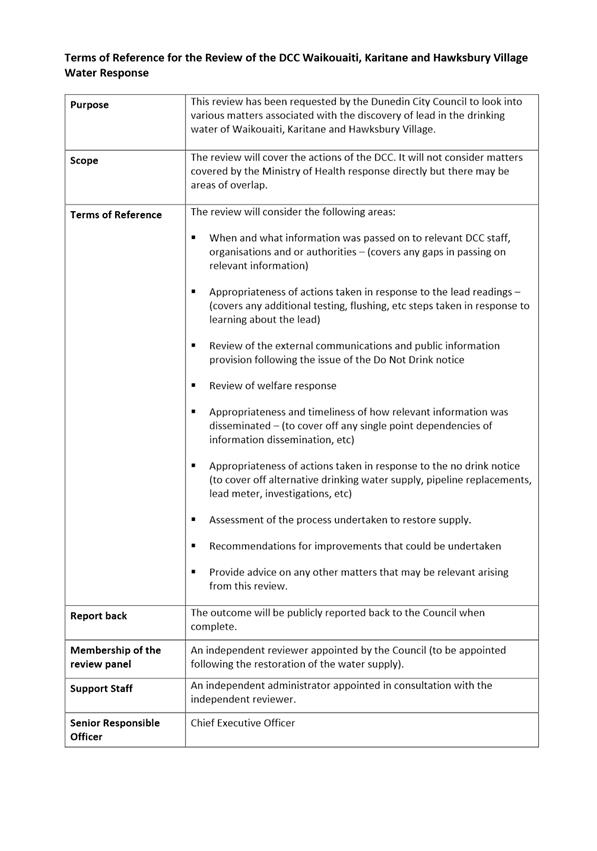
|

|
Council
25 May 2021
|
Adoption of the Litter Compliance Policy 2020
Department: Waste and Environmental Solutions
EXECUTIVE SUMMARY
1 The
purpose of this report is to recommend Council adopt the updated Litter
Compliance Policy 2020.
|
RECOMMENDATIONS
That the Council:
a) Approves the proposed Litter Compliance Policy
2020.
b) Revokes the Litter Compliance Policy 2018.
|
BACKGROUND
2 The
Litter Compliance Policy 2018 (LCP) was adopted by Council on 1 May 2018
following a 14-day public notification period.
3 In
response to Council’s commitment to The Sophia Charter,
the Litter Compliance Policy was revised and updated to provide for a greater
range of infringement provisions set out in the Litter Act 1979 (The Act).
4 The
Litter Act provides that a Council may adopt infringement provisions for
breaches of the Act only after it has given at least 14-days’ notice of
its intention to do so.
5 On
16 November 2020 the Infrastructure Services Committee approved the updated
Litter Compliance Policy 2020 (Attachment A) for a 14-day public notification
period.
6 The
Litter Compliance Policy 2020 was publicly notified from 24 March to 6 April
2021.
DISCUSSION
7 The key changes proposed in the updated Litter Compliance Policy
were to clearly enable Litter Control Officers to issue infringement notices
for the following offences:
a) Failing
to comply with a notice requiring an occupier of private land to clear litter
(Litter Act 1979, Section 10);
b) Deposit
of litter in a public place or on private land (Litter Act 1979, Section 15);
and
c) Willful
breaking of bottles or glass (Litter Act 1979, Section 16).
8 DCC
Litter Control Officers will assess the appropriate enforcement action which
could range from education to an infringement notice being issued. The DCC will
still have the ability to pursue a serious offence to prosecution in the
District Court.
9 The
updated Litter Compliance Policy was publicly notified via the Dunedin City
Council website, social media and the Otago Daily Times.
10 A
total of 20 items of feedback were received. There were 19 submissions via the
on-line feedback form (summarised in Attachment B), plus 1 written submission
from Spokes Dunedin (Attachment C). All submissions supported the updated
Litter Compliance Policy.
OPTIONS Option One – Recommended Option
11 Council
approves the Litter Compliance Policy 2020, including litter offences and
infringement fees, for adoption.
Advantages
· The
amended policy will allow Council to respond appropriately to littering or
illegal dumping incidents, including hazardous litter, and the prevention of
rubbish stockpiling.
· The
amended policy supports Council’s commitment to the Sophia Charter.
Disadvantages
· None
identified
Option
Two – Status Quo
12 Council
does not approve the Litter Compliance Policy 2020, including litter offences
and infringement fees, for adoption.
Advantages
· None
identified
Disadvantages
· The
existing policy will remain in force limiting Council ability to respond with
appropriate enforcement action to littering or illegal dumping incidents,
including hazardous litter, and the prevention of rubbish stockpiling.
· Does
not support Council’s commitment to The Sophia Charter.
NEXT STEPS
13 If
the Council approves the recommended option, duly authorised staff will
administer litter compliance in accordance with updated Litter Compliance
Policy 2020.
Signatories
|
Author:
|
Chris Henderson - Group Manager Waste and Environmental
Solutions
|
|
Authoriser:
|
Simon Drew - General Manager Infrastructure &
Development
|
Attachments
|
|
Title
|
Page
|
|
⇩a
|
Litter Compliance
Policy 2020
|
264
|
|
⇩b
|
Summary of feedback
received
|
269
|
|
⇩c
|
Submission from Spokes
Dunedin
|
271
|
|
SUMMARY OF CONSIDERATIONS
|
|
Fit with purpose
of Local Government
This decision promotes the social and
environmental well-being of communities in the present and for the future.
|
|
Fit with strategic
framework
|
|
Contributes
|
Detracts
|
Not applicable
|
|
Social Wellbeing Strategy
|
☒
|
☐
|
☐
|
|
Economic Development Strategy
|
☐
|
☐
|
☒
|
|
Environment Strategy
|
☒
|
☐
|
☐
|
|
Arts and Culture Strategy
|
☐
|
☐
|
☒
|
|
3 Waters Strategy
|
☒
|
☐
|
☐
|
|
Spatial Plan
|
☐
|
☐
|
☒
|
|
Integrated Transport Strategy
|
☐
|
☐
|
☒
|
|
Parks and Recreation Strategy
|
☐
|
☐
|
☒
|
|
Other strategic projects/policies/plans
|
☒
|
☐
|
☐
|
The objective of the Litter Compliance Policy is to keep
Dunedin’s communities and environment free from litter and illegal dumping,
ensuring Dunedin remains one of the world’s great small cities.
|
|
Māori Impact
Statement
This Policy supports the principle of Kaitiakitaka in
partnership with Kāi Tahu in their inherited role as kaitiaki.
|
|
Sustainability
The Proposed Litter Compliance Policy will enable
appropriate enforcement action to be taken for breaches of the Litter Act
1979 in respect of littering and illegal dumping events. The Policy aims to
protect people and the environment from harm.
|
|
LTP/Annual Plan /
Financial Strategy /Infrastructure Strategy
There are no LTP/Annual Plan / Financial Strategy
/Infrastructure Strategy implications.
|
|
Financial
considerations
There are no financial considerations.
|
|
Significance
This decision is considered low in terms of the
Council’s Significance and Engagement Policy.
|
|
Engagement –
external
The amended Litter Compliance Policy was publicly notified
for consultation through the 14-day public notice period.
|
|
Engagement -
internal
Internal engagement has occurred with the Waste and
Environmental Solutions, In-House Legal Services and Environmental Health
teams.
|
|
Risks: Legal /
Health and Safety etc.
There are no identified risks.
|
|
Conflict of
Interest
No conflicts of interest have been identified.
|
|
Community Boards
Community Boards were notified of the 14-day public notice
period.
There are no implications for Community Boards.
|
|

|
Council
25 May 2021
|
|
1
 Litter Compliance policy Litter Compliance policy
|
|
Approved by:
|
Infrastructure Services Committee
|
|
Sponsor:
|
General Manager Infrastructure and Networks
|
|
Department responsible:
|
Waste and Environmental Solutions
|
|
Date approved:
|
25 May 2021
|
Reviewed:
|
|
|
Next review date:
|
1 July 2024
|
DOC ID:
|
|
INTRODUCTION
This policy provides guidance to warranted
Litter Control Officers on issuing infringement notices under the Litter Act
1979 (the Litter Act or Act). It defines what is meant by litter and provides a
graduated level of litter for infringement purposes, provides a fee schedule
for infringements and outlines the rights of the Council in litter removal.
This Litter Compliance Policy (LCP) replaces any preceding Litter Policy.
Purpose
The key strategic outcome for this policy
is to ensure Dunedin’s people and environment remain protected
from harm by minimising the negative effects of littering and illegal
dumping/fly tipping.
Scope
The Litter Act is the primary legislation
for litter control in New Zealand and provides provisions for Territorial
Authorities to deal with litter issues. Littering includes, amongst other
things, the dropping of litter, litter escaping from a vehicle or trailer, and
illegal dumping.
The LCP outlines the the requirement of the
legislation, defines how the Council interprets sections of the Litter Act, the
infringement process, and procedure on issuing notices to clear litter.
The LCP will apply in public places within
the Dunedin City Council’s (DCC’s) control and on private land with
the consent of the occupier.
This LCP addresses litter offences and
infringement only. Some waste related issues of non-compliance that are not be
covered by this policy e.g. contamination of recycling bins, which is being
managed via a kerbside mixed recycling bin inspection programme.
Statutory
Framework
The Litter Act
provides for the issuing of infringement notices up to a maximum of $400 for
any offence as specified under Section 13(4) of the Act.
In accordance with sections 13 and 14 of
the Act, the DCC has adopted infringements in respect of the following
offences:
· Deposit of Litter in a public place or on private land (section 15)
· Wilful breaking of bottles or glass (section 16)
· Failure to comply with a Notice (section 10)
The Act also enables the DCC to issue
notices to occupiers of private land to clear litter (section 10)
Definitions
For the purposes of this policy litter is
defined under two categories:
Litter: - which has the same definition as the Litter Act, and,
Hazardous
Litter – which is litter of such a nature as
is likely to endanger any person or cause physical injury, disease or infection
to any person. This includes bottles whether it is broken or not, glass,
articles containing glass, sharp or jagged material, or any substance of a
toxic or poisonous nature (in accordance with S15(2) of the Act).
Words not defined
in this Policy shall have the same definition as the Litter Act.
CONTENT
2
1. Infringement
notices
1.1. Officers authorised to issue
infringements
3
1.1.1. Only a Litter Control Officer, warranted under
section 5 of the Litter Act is authorised to issue infringement notices within
Dunedin City.
1.2. When to issue infringement notices
4
1.2.1. Litter Control Officers are to use their
professional judgement and discretion in deciding whether to issue an
infringement notice.
1.2.2. Factors influencing the choice of enforcement
response used by the DCC may include the type and nature of infringement, the
impact and significance of harm on the environment and/or wider community, and
the frequency of incident.
1.2.3. Measures such as education, warnings and
infringement notices, and prosecutions may be used by the DCC in respect of
breaches of the Act.
1.2.4. Infringement notices can be issued if a littering
offence has been observed by a Litter Control Officer, or if a Litter Control
Officer has investigated and has reasonable cause to believe an individual is
responsible for the offence and has not rectified the matter.
a)
1.2.5. An infringement notice can be issued if a notice
to clear litter has not been compiled with, either by time or compliance.
b)
1.2.6. An infringement notice can be issued if litter
deposited is likely to endanger any person or cause physical injury, disease or
infection.
c)
1.2.7. An infringement notice can be issued for the
wilful breaking of glass.
d)
1.2.8. Every person has the right to seek a review of
their infringement notice in writing; this is to be addressed to the Manager of
Waste and Environmental Solutions. The Manager will review the infringement and
will decide if the infringement stands or is waived.
e)
1.2.9. As per the Summary Proceedings Act 1957 any
non-payment of an infringement which has not been waived, will be sent to the
District Court for enforcement.
f)
1.2.10. Every person has the right to
defend the infringement at the District Court.
g)
2. Litter
Offences:
5
The following shall also be deemed to be a
litter offence at section 15 of the Act.
2.1. Depositing of litter
waste:
6
2.1.1. Depositing household or
commercial waste in public litter bins or public place recycling bins.
2.1.2. The DCC may assess the medium or large-scale
deposit of waste as illegal dumping (also known as fly tipping) where the
intent to deposit litter unlawfully is established.
2.1.3. Deposited garden waste will be treated as a
medium or large-scale litter offence as this type of waste may spread noxious
weeds or create a fire risk.
2.1.4. Litter that has not been properly prepared for
transportation and is spilt from a moving vehicle.
2.2. Failure
to comply with municipal rubbish collection requirements:
7
2.2.1. Use of rubbish bags other than the DCC’s
official black plastic rubbish bags.
2.2.2. Rubbish bags put out for collection before 3.00
pm or after 6.00 pm in the Central Business District.
2.2.3. Any cardboard put out for collection in the
Central Business District which:
2.2.3.1. Is
not flattened, tied, taped or otherwise secured to avoid spillage; or
2.2.3.2. Exceeds
1 meter in length in any direction; or
2.2.3.3. Is
not placed at a designated cardboard collection point; or
2.2.3.4. Is
left in any other condition unsuitable for collection.
2.3. Private
land with litter
2.3.1. A
Litter Control Officer may serve any occupier of any private land or any land vested
in or controlled by the Crown or any local authority, a written notice requiring
the occupier to:
2.3.1.1. Clear
away, or remove litter from the premises; or
2.3.1.2. To
clean up; or
2.3.1.3. To
screen, cover or otherwise obscure the litter from view.
2.3.2. The
written notice will specify a timeframe for action.
2.3.3. Action
taken by the occupier must be completed to the satisfaction of the Officer issuing
the notice.
2.3.4. An
Officer is able to extend the time specified on a notice, if the occupier has reasonably
been prevented from completing the work within the time specified.
2.3.5.
Objection process for a notice to clear litter (occupier of private land):
2.3.5.1. People
receiving a notice under subsection 10 (1) of the Act, may object to
the requirement of
the notice in writing within 14 days after receipt on
the grounds that those requirements are unreasonable.
2.3.5.2. Objections
are to be made in writing to the DCC, and a formal hearing will
be scheduled, and an objector is entitled to be present and heard.
2.3.5.3. The
Council after hearing an objection will issue a decision that upholds, changes,
or cancels the notice and will provide the objector with a written
notice of its decision.
3. Types
of enforcement response
3.1. Education & Warnings
3.1.1. Educational
material will be supplied in the case of a minor first offence.
3.1.2. Warnings
may be issued at the discretion of a Litter Control Officer or Litter Warden.
3.2. Infringement
3.2.1. The
DCC may issue an infringement notice with the appropriate fee as specified in
Table 1.
3.2.2. An
infringement notice may be issued if a notice to clear, issued under section 10
of the Act, is not compiled with.
3.2.3. The
DCC may recover the costs of clean-up and any associated remedial work from
the offender in addition to any infringement fees payable.
3.2.4. Infringement
notices may not be issued when an offender cleans up the litter when
requested to do so by a Litter Control Officer on the first request.
3.2.5. Where
an offence fits more than one descriptor in Table 1, the higher infringement
penalty will apply.
3.2.6. Where
repeat offending for the same offence occurs within a 12-month period, the
higher
infringement penalty will apply.
Prosecution
3.2.7. The
DCC reserves the right to prosecute offenders in respect of any breaches of the
Litter Act 1979
and may do so in combination with enforcement under any other applicable
legislation.
Table 1: Schedule of
Littering Offences and Infringement Fees
|
h)
i)
LITTERING OFFENCES AND
INFRINGEMENT FEES
j)
|
|
k)
Infringement
|
l)
First Offence
|
m) Second or Subsequent Offence
|
|
n)
Household rubbish deposited in public
litter bins or public space recycling bins will be treated as litter.
|
o)
$100
|
p)
$400
|
|
q)
A single item of litter, or less than 1 litre, left in a
public space, or on private land without the occupier’s consent
|
r)
$100
|
s)
$400
|
|
t)
Litter, of more than 1 litre and less than or equal to
40 litres*
|
u)
$150
|
v)
$400
|
|
w) Litter,
or more than 40 litres and less than 240 litres**
|
x)
$250
|
y)
$400
|
|
z)
Litter, of more than 240 litres, left in a public space,
or on private land without the occupier’s consent***
|
aa) $400
|
bb) $400
|
|
cc) Dangerous
litter or offensive litter left in a public place, or on private land,
without the occupier’s consent
|
dd) $400
|
ee) $400
|
8
9
* Single item or
small scale litter offence i.e. less than the volume of blue glass recycling bin
** Medium
scale litter offence i.e. less than the volume of a yellow-lidded kerbside
mixed recycling bin
***
Large scale litter
offence, in these cases the Litter Control Officer will make a judgement as to
whether to apply a fine or pursue a prosecution through the courts.
|
Relevant Legislation:
|
Litter Act 1979
Summary Proceedings Act 1957
|
|
Associated Documents:
|
Litter Infringement Notice
|
|

|
Council
25 May 2021
|
Litter Compliance Policy – Summary of E-mail
feedback received
|
Submission
No.
|
In
support (Yes/No)
|
Comments
|
|
811298
|
Yes
|
More needs to be done
as the street waste is really bad.
|
|
811299
|
Yes
|
We manage alot of
properties in North Dunedin and have the constant issue of piles of rubbish
at properties. Being either from tenants/occupiers, neighbours and
surrounding, especially in 'student complexes'. The onous is currently on the
landlord/property manager and keep having to remove rubbish at the landlord
cost is an ongoing cycle.
|
|
811307
|
Yes
|
The cost of picking up
after them seems like it could be used better elsewhere.
|
|
811308
|
Yes
|
Dunedin North eg Campus
area is disgusting in parts. Black rubbish bags are too expensive as are dump
fees.
|
|
811315
|
Yes
|
Litter on public
footpaths, streets, and on private property is a HUGE problem in Dunedin.
More enforcement, and higher penalties must happen
|
|
811388
|
Yes
|
Disgusted at amt of
broken glass, squashed cans, bin rubbish on pavements and in gutters/road in
north end of George St and student area
|
|
811584
|
Yes
|
Nth dunedin is a
disgrace, something needs to be done.
|
|
811852
|
Yes
|
Littering is a blight
on NZ generally. We live in an amazing part of the world and need to protect
it and keep it clean and litter free.
|
|
812154
|
Yes
|
North Dunedin needs
work.
|
|
812281
|
Yes
|
Yes, upper Cargill St
is a mixed section of student rentals and regular residential. Sick and tired
of broken glass littering the street and student neighbours creating pest
attracting waste and a messy street.
|
|
812372
|
Yes
|
Distress & safety
concerns for myself & others in North Dunedin due to large amounts of
rubbish & broken glass.
|
|
812421
|
Yes
|
The risks associated
with the types of litter compliance breaches have dangerous implications to
the public and the city, and some of these are driven by a perceived cost
avoidance. Therefore, the publicised stick of additional cost is something I
support
|
|
812598
|
Yes
|
Glass on footpaths and
cycleways is dangerous and cuases expensive punctures. Certain properties and
groups cause constant issues with extreme littering and glass shards that the
dcc needs stronger tools to deal with. Education does not seem to work.
Litter and broken glass on the streets contribute to the unsafe and run-down
appearance of the tertiary district. Applying the policy to private land
where litter is kept will hopefully prevent persons from using their property
as an unofficial dump. I hope this legislation will also apply to stockpiling
old vehicles on private property.
|
|
812661
|
Yes
|
I use the streets in
North Dunedin frequently both on foot and cycling. The broken glass has
worsened and is dangerous and unnecessary. I often pick up bottles left in
the roadside to avoid them being shattered. There needs to be consequences.
|
|
812675
|
Yes
|
Sick and tired of
intentionally broken glass bottles. Dumping of rubbish all over North
Dunedin. Frontage of houses/rentals are an absolute disgrace. I feel
embarrassed for the tourists and anyone visiting or passing through Dunedin.
Something has to be done. Nowhere else in New Zealand is like this! It is a
disgrace.
|
|
812728
|
Yes
|
I am concerned by the
amount of broken glass along the length of Park Street. A $400 fine for
hazardous littering seems appropriate.
|
|
812775
|
Yes
|
I am disappointed by
the amount of litter that I see in the parts of Dunedin that I am familiar
with, particularly some parts of the central city, the section of Queens
Drive along which I regularly ride a bike and much of the student quarter in
North Dunedin. I have been pushing for action on this for many years and have
felt frustrated that so little has improved over that interval. I support any
move that has even the slightest hope of dealing with the litter problem (and
am reasonably certain that the current proposal will have as little effect as
anything that has gone before). Personally, I'd be supportive of stronger
actions, including punitive ones that, even if threatened, would be severe
enough to make compliance likely.
|
|
812857
|
Yes
|
it goes part way to
helping people, but where is the education system that teaches business what
products to use and people about what impact littering has on the
environment?
|
|
813288
|
Yes
|
Too much broken glass
on the roads
|
|

|
Council
25 May 2021
|
3 April 2021
Purposively smashed glass is a
massive issue throughout Ōtepoti Dunedin and one that has been publicly
broached on numerous occasions.[1]
Yet,
no real action has been taken to address it, despite the fact that broken glass
is not simply a nuisance, but of serious concern in a number of ways. Firstly,
it is a health hazard: there is a very real danger of pedestrians and cyclists
falling and hurting themselves on the shards, as well as animals wounding their
feet. In 2017, pre-school children from the Otago University Childcare
Association even wrote letters to the flats along and around Castle Street in
which they asked students occupying them to stop smashing glass on the streets
because they were afraid of tripping and being injured.[2] Members of the public have also reported
to Spokes Dunedin of having to cycle into the road to avoid riding over glass.
Cyclists already have to be aware of other road users and pedestrians: smashed
glass in cycleways and on the road thereby becomes an additional hazard, not
simply an inconvenience.
Secondly, it makes certain areas of
the city hostile. For instance, cyclists have described bypassing certain areas
to avoid getting a puncture. One member of the public described to Spokes
Dunedin how they know of children and parents who will refrain from walking
down certain streets all together because they feel uncomfortable. Even
tourists have commented on the state of certain areas of the city.[3] We also know of
cases in which glass bottles have been used as weapons and purposefully thrown
at people. Such areas should not exist in Ōtepoti Dunedin. Purposefully
smashing glass is clearly not just an anti-social behaviour, but leads to
inhospitable neighbourhoods, which impacts all members of a community.
Thirdly, one of the reasons given
by members of the public as to why they dislike riding their bicycle or even
chose not to cycle in Ōtepoti Dunedin is the amount of smashed glass on
the roads and in the cycleways. Cycling infrastructure has been put in place
throughout the city, but, once strewn with glass shards, it is no longer fit
for purpose. If the DCC is keen to present cycling as a real option, this issue
clearly needs to be properly addressed.
However, it is not simply a case of
cleaning up more regularly and throughout the city, as opposed to certain
areas: there needs to be real consequences for committing this act in the first
place, as has happened in the case of couch burning. Couch burning was once
considered part of the “student culture”: now that the university
has introduced harsher punishments, there has been a massive decline in this
activity.[4]
Purposefully smashing glass is akin
to couch burning: it is a dangerous, anti-social behaviour. Yet, it is accepted
as part of the student culture in Ōtepoti Dunedin, even though it is
deemed an offence under the Litter Act 1979, section 16. One of the main issues
appears to be that very little action is taken against the perpetrators:
despite its blatant occurrence throughout the city, from 24 March 2018 to 24
March 2021, only one arrest was recorded under the Litter Act for wilfully
breaking glass in a public place according to the Police Data Base. Over the
same period, a number of people are recorded as being charged with wilful
damage, some of whom may have been responsible for breaking glass in a public
place; however, there is only the one arrest under the Litter Act. And,
according to the proctor’s Annual Code of Conduct Reference Group Report,
only 24 people were caught for purposefully breaking glass in 2020.
The reasoning given by both the
University of Otago’s proctor and Community Law Otago was that there are
simply too many people purposefully smashing glass for it to be taken seriously
by either the university or the police. Which leaves us in a Catch 22
situation: too many people are committing this offence for it to be properly
addressed, and so too many people continue to commit it.
The excuse that this offence is too
prevalent is unacceptable, and essentially condones this form of anti-social
behaviour. This review of the Litter Compliance Policy is an opportunity to
ensure that purposefully smashing glass is no longer condoned, but taken as a
serious offence with real consequences. As the DCC states, “The purpose
of the Litter Compliance Policy is to ensure Dunedin’s people and
environment remain protected from harm by minimising the negative effects of
littering and illegal dumping/fly tipping.” Smashed glass through the
streets of Ōtepoti Dunedin clearly has negative effects not just for
cyclists, but the city as a whole, and it is high time that this issue was
given the attention it deserves.
Yours sincerely,
|

|
|
Katharine
Cresswell Riol – Chairperson, Spokes Dunedin
|
|

|
|
Dr. Devonia
Kruimer – Secretary, Spokes Dunedin
|
|

|
|
Jon Dean –
Treasurer, Spokes Dunedin
|
|

|
Council
25 May 2021
|
Regulatory Subcommittee Recommendation on
Dangerous and Insanitary Buildings Policy Review
Department: Civic
EXECUTIVE SUMMARY
1 This
report presents the recommendations of the Regulatory Subcommittee (the
Subcommittee) on the review of the Dangerous and Insanitary Buildings Policy
(the Policy). This follows consideration of one submission received.
2 The
Subcommittee recommends amending the existing Policy as proposed with an
additional amendment for clarification.
3 See
Attachment A for the proposed Policy and Attachment B for tracked changes to
the existing Policy.
|
RECOMMENDATIONS
That the Council:
a) Notes that the Regulatory Subcommittee has considered the
submission on the Dangerous and Insanitary Buildings Policy review.
b) Approves the amended Dangerous, Insanitary and
Affected Buildings Policy, as shown in Attachment A.
|
BACKGROUND
Legislation
4 Section
131 of the Building Act 2004 (the Act) requires territorial authorities to
adopt a policy on dangerous and insanitary buildings within its district. The
policy must state:
· The
approach that Dunedin City Council will take in performing its functions under
the Act
· Its
priorities in performing these functions and
· How
the policy will apply to heritage buildings.
5 Policies
must be reviewed within five years of the policy being adopted and then at
intervals of not more than five years. A policy does not cease to have effect
because it is due for review or being reviewed.
6 The
special consultative procedure must be used if the policy is amended or
replaced.
7 The
Building Amendment Act 2013 also requires that policies on dangerous and
insanitary buildings take into account affected buildings. An affected building
is one that is adjacent, adjoining or nearby a dangerous building or dangerous
dam.
Policy
history
8 In
2018, the Council reviewed the Policy. Inadvertently, affected buildings were
not included as part of that review.
DISCUSSION
Policy
review
9 The
Policy is being reviewed early with a view to include ‘affected’
buildings, as required by the Act. An affected building is one that is
adjacent, adjoining or nearby a dangerous building or dangerous dam. Minor
clarification of wording was also proposed in relation to Council
responsibilities for dangerous, insanitary and affected buildings.
Community
engagement
10 The
special consultative procedure was used for the policy review, as required by
the Act. Formal consultation took place from 25 January - 26 February 2021.
11 Consultation
included information on the Dunedin City Council website and in the Otago Daily
Times noticeboard.
Results
of consultation
10 One
submission was received which did not agree with the proposed Dangerous,
Insanitary and Affected Buildings Policy. The submitter did not wish to be
heard.
General support
11 The
submission form asked: Overall, do you agree with the proposed Dangerous,
Insanitary and Affected Buildings Policy? and Why/Why not? The
one submitter did not agree and would like to see firmer action on the cleaning
up of dangerous and insanitary sites.
General comments
12 The
submission form asked: Do you have any other comments about the proposed
Dangerous, Insanitary and Affected Buildings Policy? The submitter suggested
including timeframes for action, and that demolition by neglect should be dealt
with in a timely manner.
Staff comments
13 The
issues of demolition by neglect or cleaning up of sites are issues outside the
scope of this Policy and the Act. The Council provides other avenues to
discourage demolition by neglect e.g. heritage grants. Depending on the
circumstances, other legislation or policies may be more appropriate to manage
these issues e.g. the Health Act.
14 Case
law has been clear that the definition of what is ‘dangerous’
and/or ‘insanitary’ has a high threshold. For example, a simple
tarpaulin may stop a building with a leaking roof being classed as insanitary
and on private land, with no other building affected, a danger can be mitigated
through a barrier fence.
Subcommittee
deliberations
12 The
Subcommittee met on 8 April 2021 to consider the submission and deliberate on
the Policy review.
13 The
Subcommittee notes the scope of the Policy and the Act and agrees with proposed
changes with an additional wording amendment. In section 1.3 of the proposed
policy, it is recommended to replace the words ‘may agree’ with
‘will seek’ in relation to meeting with owners to discuss proposals
to address an issue with a dangerous, insanitary or affected building. This
clarifies the intention of the Council to meet and discuss proposals where
possible.
14 The
issue of demolition by neglect was discussed and it is acknowledged that
addressing this is outside the scope of this Policy and the provisions of the
Act.
Subcommittee
recommendations
15 The
Subcommittee passed the following resolutions:
|
Moved (Cr Lee Vandervis/Cr Andrew Whiley):
That the Subcommittee:
Amends the wording in the first two
sentences of Section 1.3 of the proposed Dangerous, Insanitary and Affected
Buildings Policy as follows in bold:
Before exercising these powers, the Council will
seek to meet with owners to discuss proposals to address the issue.
The Council will also seek to meet with owners to discuss
proposals to comply with a notice following issue of a formal notice.
Motion
carried (RSCCC/2021/001)
|
|
Moved (Cr Lee Vandervis/Cr Andrew Whiley):
That the Subcommittee:
a) Recommends that Council adopts the proposed
Dangerous, Insanitary and Affected Buildings Policy as amended.
Motion
carried (RSCCC/2021/002)
|
16 See
Attachment C for minutes of the Subcommittee deliberations.
OPTIONS
17 Options
are to accept the Subcommittee recommendations or to refer the Policy back to
the Subcommittee for further consideration.
Option
One – Accept recommendations of the Subcommittee (Recommended Option)
18 This
option is to approve the amended Policy, as described.
Advantages
· Meets
requirements of the Act
· Clarifies
requirements of the Policy.
Disadvantages
· No
identified disadvantages
Option
Two – Refer the Policy back to the Subcommittee for consideration
19 If
the Council does not accept the recommendations of the Subcommittee, this
option is for the matter to be referred back to the Subcommittee for further
consideration.
Advantages
· The
Subcommittee has further opportunity to consider changes to the Policy.
Disadvantages
· Does
not meet requirements of the Act
· Opportunity
to clarify requirements may be lost.
NEXT STEPS
20 If
the Council accepts the Subcommittee recommendations, the amended Policy will
be sent to the Chief Executive of the Ministry of Business, Innovation and
Employment, as required by the Act. The Dunedin City Council website and
internal systems will also be updated to reflect the amended Policy.
Signatories
|
Authoriser:
|
Andrew Whiley - Chairperson, Regulatory Subcommittee
|
Attachments
|
|
Title
|
Page
|
|
|
⇩a
|
Proposed Dangerous,
Insanitary and Affected Buildings Policy
|
279
|
|
|
⇩b
|
Tracked changes to
existing Dangerous and Insanitary Buildings Policy
|
283
|
|
|
⇩c
|
Minutes of
Deliberations on Dangerous and Insanitary Buildings Policy Review
|
287
|
|
|
SUMMARY OF CONSIDERATIONS
|
|
Fit with purpose
of Local Government
This decision enables democratic local
decision making and action by, and on behalf of communities.
This decision promotes the social,
economic, environmental, and cultural well-being of communities in the
present and for the future.
|
|
Fit with strategic
framework
|
|
Contributes
|
Detracts
|
Not applicable
|
|
Social Wellbeing Strategy
|
☒
|
☐
|
☐
|
|
Economic Development Strategy
|
☐
|
☐
|
☒
|
|
Environment Strategy
|
☐
|
☐
|
☒
|
|
Arts and Culture Strategy
|
☐
|
☐
|
☒
|
|
3 Waters Strategy
|
☐
|
☐
|
☒
|
|
Spatial Plan
|
☒
|
☐
|
☐
|
|
Integrated Transport Strategy
|
☐
|
☐
|
☒
|
|
Parks and Recreation Strategy
|
☐
|
☐
|
☒
|
|
Other strategic projects/policies/plans
|
☐
|
☐
|
☒
|
This Policy review contributes to the priorities of healthy
and safe people within the Social Wellbeing Strategy; and liveable city
within the Spatial Plan.
|
|
Māori Impact
Statement
There are no specific impacts for tangata whenua.
|
|
Sustainability
There are no specific implications for sustainability.
|
|
LTP/Annual Plan /
Financial Strategy /Infrastructure Strategy
There are no implications for these documents.
|
|
Financial
considerations
There are no financial implications.
|
|
Significance
This decision is considered low in terms of the Council’s
Significance and Engagement Policy.
|
|
Engagement –
external
The special consultative procedure was used to review this
Policy.
|
|
Engagement -
internal
There has been internal engagement with Governance and
Customer and Regulatory Services staff.
|
|
Risks: Legal /
Health and Safety etc.
If the Council does not include affected buildings within
this policy, the Council will be in breach of the Act.
|
|
Conflict of
Interest
There is no known conflict of interest.
|
|
Community Boards
There are no specific implications for Community Boards.
|
|

|
Council
25 May 2021
|
Submission to Gambling Commission on Review of
Charitable Trust Licence Conditions for Casinos
Department: Customer and Regulatory Services
EXECUTIVE SUMMARY
1 This
report seeks approval of a Dunedin City Council (DCC) submission (Attachment A)
to the Gambling Commission (the Commission) on its review of the charitable
trust licence conditions attached to the venue licences for six casinos, one of
which is in Dunedin.
|
RECOMMENDATIONS
That the Council:
a) Approves the DCC submission, with any amendments,
to the Gambling Commission on its review of the charitable trust licence
conditions attached to the venue licences for casinos.
|
BACKGROUND
2 The
Commission is seeking feedback on its review of the charitable trust licence
conditions for the Auckland, Hamilton, Christchurch, Dunedin, Queenstown and
Wharf Casinos.
3 The
Commission considers it timely to review all licences as a group rather than
leaving it to separate consideration on the renewal of conditions for each
licence and is seeking feedback specifically on whether charitable trust
conditions ought to be amended to align better with the purposes of the
Gambling Act (the Act).
4 In
the review, the commission will consider whether the licence conditions require
amendment and, if so, it will propose specific amendments for further
consultation.
5 Submissions
are open to all parties and local authorities in each of the six casino areas
have been invited to submit on the review.
6 Submissions
close on Friday 11 June 2021.
Casino
regulation
7 The
charitable trust licence conditions relate to the level of funding that each
casino agrees to provide to charitable trusts as part of the conditions for
their licence. Conditions were imposed under the Casino Control Act 1990, when
the venue licences were first issued by the Commission’s predecessor
body.
8 The
Commission suggests that the source of charitable trust provision appears to be
related to securing competitive advantage over other applicants rather than any
statutory requirement that money from gambling benefit the community. Original
conditions captured commitments made in successful applications and were unique
to each venue.
9 Conditions
across the six venues vary markedly and the Commission suggests they may not
align well with the purpose of the Gambling Act which differs materially from
that of the Casino Control Act. Conditions have remained largely unamended
since they were first imposed when the original venue licence was granted.
10 For
example, Dunedin Casino agrees to pay no less than $52,000 per year to an
‘independent’ charitable trust that includes funding treatment of
problem gambling, as well as 1% of gaming machine turnover (with a maximum of
$110,000) a year for community and sports funding in the community. Auckland
casino agrees to pay not less than 0.7% of the Casino Win (all forms of
gambling), never to be less than $500,000. Without knowing the turnover for
each casino, it is difficult to know the extent to which casinos meet or exceed
their charitable trust licence conditions. See Table 1 for the licence
conditions relating to charitable trust payments for each casino.
Table 1: Casino licence conditions relating to charitable
trust payments
|
Casino
|
Licence conditions –
payments to charitable trusts
|
|
Auckland casino
|
Not less than 0.7% of Casino
Win never to be less than $500,000 per annum.
|
|
Hamilton casino
|
Not less than 1.5% of revenue
from the operation of the casino (GST exclusive) before gaming tax, per
annum.
|
|
Christchurch casino
|
Not less than 2.5% of net
profit after tax from onsite businesses of the casino or $250,000 per annum,
whichever is the greater.
|
|
Dunedin casino
|
Not less than $52,000 per
year to charitable trust that includes funding treatment for problem
gambling.
Also, 1% of the turnover of
casino gambling machines (GST exclusive) with a maximum of $110,000 per annum
for community and sports funding.
|
|
Queenstown casino
|
Not less than 2.5% of net
profit from casino operations per annum or $100,000 per annum, whichever is
the greater.
|
|
Wharf casino
|
First year – 20% of net
profit after deducting tax and 15% of $3 million
Subsequent years –
additional 1% of net profit, after deductions, until 30% is reached
Thereafter – 30% of net
profit, after deductions.
|
11 Funding
priorities of the charitable trusts are also variable. For example, the
objectives of the Dunedin Casino Charitable Trust are to assist in the ‘relief
of poverty, the advancement of education, the advancement of religion, the
advancement of sports for the benefit of the community or any other charitable
purpose deemed beneficial to the community by the Trustees’. SkyCity
Hamilton Community Trust looks to fund organisations that assist with basic
needs such as food, shelter, care, support and mental health and wellbeing.
SkyCity Queenstown Casino Community Trust funding assists with arts, culture
and entertainment including recognition and understanding of different
cultures. It also supports educational programmes or research for life skills,
treatment or counselling as well as programmes for the financial security of
families.
12 The
charitable trusts that receive casino funding were established by the casino
licence holders. The deeds of trust allow the licence holders to exercise
control over significant aspects of the trusts. One of the questions in the
review is whether licence conditions should require contributions be made to
new trusts that are fully independent from the licence holders.
13 See
Attachment B for background information on this review provided by the
Commission.
Gambling
Act 2003
14 Part
of the review is whether the casino licence conditions should align better with
the purpose of the Act.
15 The
Gambling Act 2003 legislates on gambling including gambling venues and
electronic gambling machines (EGMs). The purpose of the Act is to:
· control
the growth of gambling
· prevent
and minimise harm from gambling, including problem gambling
· authorise
some gambling and prohibit the rest
· facilitate
responsible gambling
· ensure
the integrity and fairness of games
· limit
opportunities for crime or dishonesty associated with gambling and the conduct
of gambling
· ensure
that money from gambling benefits the community and to
· facilitate
community involvement in decisions about the provision of gambling.
Role
of territorial authorities
16 All
territorial authorities are required by the Act to have a Gambling and TAB
Venue Policy stating whether they would allow new non-casino gambling venues to
be established within their districts and, if so, where they may be situated.
17 The
DCC policy has been recently reviewed by the Council and has a sinking lid
approach to the number of class 4 (non-casino gambling or ‘pokie’
machine) gambling venues and EGMs in Dunedin. The policy does not cover casinos
and territorial authorities have no jurisdiction over casinos.
18 However,
a number of submissions made during the review of the Gambling and TAB Venue
Policy were concerned about gambling related harm in the community and the
Council decided to retain its sinking lid approach in response to these concerns.
DISCUSSION
19 The
draft DCC submission is supportive of the review by the Commission on
charitable trust licence conditions for casinos.
20 The
review asks whether licence conditions should be amended to align better with
the purpose of the Act. The draft submission supports a review that will bring
better alignment of casino charitable trust licence conditions with the
purposes of the Act.
21 The
review also asks whether consistency in the licence conditions across all six
licences is desirable and the draft submission supports this, thus bringing
greater consistency to the level of community funding provided.
22 On
the review question around independence of charitable trusts, the DCC submits
that licence conditions should require contribution to trusts that are fully
independent from the licence holders. This is in place of current trusts that
allow licence holders to exercise control over significant aspects of the
trusts.
23 The
review asks in some detail about whether percentage based contributions and
minimum annual contributions should be retained and, if so, at what level. It
is difficult to propose a specific percentage without greater understanding of
the financial details of casinos. However, the DCC submits that a consistent
percentage be applied across all casinos. This approach would bring greater
consistency to the level of community funding and would also align better with
requirements for the proceeds of other gambling forms. For example, Gambling
Regulations (set under the Act) require class 4 (non-casino gambling or
‘pokie’ machine) gambling venues to return a minimum of 40 percent
of GST exclusive gross proceeds to communities.
24 In
making this submission, the DCC notes its recent review of its Gambling and TAB
Venue Policy. Key themes from submitters were concern at gambling related harm
in the community and also the reliance of community organisations on the
proceeds from gambling.
25 As
part of the Gambling and TAB Venue Policy review, the Council resolved to lobby
central government, through Local Government New Zealand, for a more
sustainable model of funding for community organisations to replace the
reliance on gambling proceeds. While this is the Council’s preference, in
the meantime the Council supports a more consistent and transparent approach to
proceeds from gambling at casinos, as set out in the submission.
26 Greater
consistency and alignment with the purposes of the Act also aligns well with
the priority of healthy and safe people set out in the DCC Social Wellbeing
Strategy.
OPTIONS
Option
One – Recommended Option – Approve the DCC submission, with any
amendments
27 Approve
the DCC submission, with any amendments, to the Commission on the review of
charitable trust conditions for casinos.
Advantages
· Aligns
with Council’s approach to minimise gambling related harm in the
community and to uphold purposes of the Act through its sinking lid approach to
the number of gambling venues and EGMs
· Aligns
with DCC Social Wellbeing Strategy priority of healthy and safe people
· May
lead to better alignment of casino control with the purposes of the Gambling
Act
· May
lead to greater consistency of funding for charitable trust from gambling
proceeds
Disadvantages
· There
are no identified disadvantages for this option.
Option
Two – Do not submit
28 Do
not submit to the Commission on the review of charitable trust conditions for
casinos.
Advantages
· There
are no identified advantages for this option.
Disadvantages
· Missed
opportunity to show support for greater consistency of funding and alignment of
casino control with the purposes of the Act and with the DCC Social Wellbeing
Strategy priority of healthy and safe people.
NEXT STEPS
29 If
the Council approves the DCC submission, with any amendments, it will be sent
to the Commission by 11 June 2021.
Signatories
|
Author:
|
Kevin Mechen - Secretary, District Licensing Committee
|
|
Authoriser:
|
Simon Pickford - General Manager Community Services
|
Attachments
|
|
Title
|
Page
|
|
⇩a
|
DCC submission to
Gambling Commission
|
298
|
|
⇩b
|
Gambling Commission
information and letter to stakeholders
|
300
|
|
SUMMARY OF CONSIDERATIONS
|
|
Fit with purpose
of Local Government
This decision enables democratic local
decision making and action by, and on behalf of communities and promotes the
social well-being of communities in the present and for the future.
|
|
Fit with strategic
framework
|
|
Contributes
|
Detracts
|
Not applicable
|
|
Social Wellbeing Strategy
|
☒
|
☐
|
☐
|
|
Economic Development Strategy
|
☐
|
☐
|
☒
|
|
Environment Strategy
|
☐
|
☐
|
☒
|
|
Arts and Culture Strategy
|
☐
|
☐
|
☒
|
|
3 Waters Strategy
|
☐
|
☐
|
☒
|
|
Spatial Plan
|
☐
|
☐
|
☒
|
|
Integrated Transport Strategy
|
☐
|
☐
|
☒
|
|
Parks and Recreation Strategy
|
☐
|
☐
|
☒
|
|
Other strategic projects/policies/plans
|
☐
|
☐
|
☒
|
This submission contributes to the healthy and safe priority
of the Social Wellbeing Strategy.
|
|
Māori Impact
Statement
Tangata whenua and Pacifica are disproportionately
represented in gambling harm statistics.
|
|
Sustainability
There are no specific implications for sustainability.
|
|
LTP/Annual Plan / Financial
Strategy /Infrastructure Strategy
There are no implications for these documents.
|
|
Financial
considerations
There are no financial implications.
|
|
Significance
This decision has been assessed under the Council’s
Significance and Engagement Policy as being of low significance.
|
|
Engagement –
external
There are been no external engagement.
|
|
Engagement -
internal
There has been no internal engagement.
|
|
Risks: Legal /
Health and Safety etc.
There are no identified risks.
|
|
Conflict of
Interest
There is no known conflict of interest.
|
|
Community Boards
There are no specific implications for Community Boards.
|
|

|
Council
25 May 2021
|
DCC Submission on Building Code Update 2021
Proposals
Department: Property
EXECUTIVE SUMMARY
1 This
report seeks approval of the draft Dunedin City Council (DCC) submission
(Attachment A and B) to the Ministry of Business, Innovation and Employment on
the Building Code update 2021 (link here
and here).
|
RECOMMENDATIONS
That the Council:
a) Approves the draft Dunedin City Council
submission, with any amendments, to the Ministry of Business, Innovation and
Employment on Building Code update 2021.
|
BACKGROUND
1 The
Ministry of Business, Innovation and Employment (MBIE) is consulting on changes
that support higher-density housing and ensuring buildings are more energy
efficient as part of the Building Code update programme.
2 The
DCC has previously submitted on Building for Climate Change proposals (29
September 2020) and He Pou a Rangi - Climate Change Commission’s 2021
Draft Advice for Consultation (9 March 2021), which included improving the
energy efficiency of buildings, alongside decarbonising the energy used for
heating, hot water and cooking.
DISCUSSION
3 The
draft submission generally supports the proposals but has not responded to
every proposal in the consultation document as some proposals are not
applicable to the DCC.
4 The
DCC supports the Government’s aim to make buildings warmer, drier,
healthier and more energy efficient. Warmer, drier homes will bring health
benefits for our residents, especially for the young, the elderly and those
with respiratory illness.
5 The DCC notes that the insulation materials required may be
affected by current building materials shortages. The DCC also anticipates
building consent authority officers will require additional training if the
proposed changes are implemented, and encourages the Government to deliver
appropriate and timely training.
OPTIONS
Option One (Recommended Option) – Approve the
submission, with any amendments
6 Approve
the DCC submission, with any amendments, to MBIE on Building Code update
2021.
Advantages
· Enables the DCC to
continue to support central government initiatives to make buildings
warmer, drier, healthier and more energy efficient.
Disadvantages
· There are no
identified disadvantages for this option.
Option Two – Do not approve the submission
7 Do
not approve the DCC submission to MBIE on Building Code update 2021.
Advantages
· There are no
identified advantages for this option.
Disadvantages
· Missed opportunity
for the DCC to support central government initiatives to make buildings
warmer, drier, healthier and more energy efficient.
NEXT STEPS
8 If
Council approves the draft submission it will be sent to MBIE for consideration by 28 May 2021.
Signatories
|
Author:
|
David Bainbridge-Zafar - Group Manager Property Services
|
|
Authoriser:
|
Robert West - Acting General Manager City Services
|
Attachments
|
|
Title
|
Page
|
|
⇩a
|
Consultation response -
letter
|
314
|
|
⇩b
|
Consultation response -
form
|
316
|
|
SUMMARY OF CONSIDERATIONS
|
|
Fit with purpose
of Local Government
This decision promotes the social and
environmental well-being of communities in the present and for the future.
|
|
Fit with strategic
framework
|
|
Contributes
|
Detracts
|
Not applicable
|
|
Social Wellbeing Strategy
|
☒
|
☐
|
☐
|
|
Economic Development Strategy
|
☐
|
☐
|
☒
|
|
Environment Strategy
|
☒
|
☐
|
☐
|
|
Arts and Culture Strategy
|
☐
|
☐
|
☒
|
|
3 Waters Strategy
|
☐
|
☐
|
☒
|
|
Spatial Plan
|
☐
|
☐
|
☒
|
|
Integrated Transport Strategy
|
☐
|
☐
|
☒
|
|
Parks and Recreation Strategy
|
☐
|
☐
|
☒
|
|
Other strategic projects/policies/plans
|
☐
|
☐
|
☒
|
|
|
Māori Impact
Statement
There are no known specific impacts for tangata whenua resulting from a decision to approve the DCC
submission.
|
|
Sustainability
The submission supports DCC’s sustainability
efforts.
|
|
LTP/Annual Plan /
Financial Strategy /Infrastructure Strategy
There are no known impacts for current levels
of service and/or
performance measures resulting from a decision to approve the DCC submission.
|
|
Financial
considerations
There are no known financial implications resulting from
a decision to approve the DCC submission.
|
|
Significance
This decision
has been accessed under the Council’s Significance and Engagement
Policy as being of low significance.
|
|
Engagement –
external
There was no external engagement on this
submission.
|
|
Engagement -
internal
Property Services and Building Services drafted this
response with support from Corporate Policy.
|
|
Risks: Legal /
Health and Safety etc.
There are no identified risks.
|
|
Conflict of
Interest
There is no conflict of interest.
|
|
Community Boards
There are no implications for Community Boards.
|
|

|
Council
25 May 2021
|
Financial Result - Period Ended 30 April 2021
Department: Executive Leadership Team
EXECUTIVE SUMMARY
1 This
report provides the financial results for the ten months ended 30 April 2021
and the financial position as at that date.
2 As this is
an administrative report only, there are no options or Summary of
Considerations.
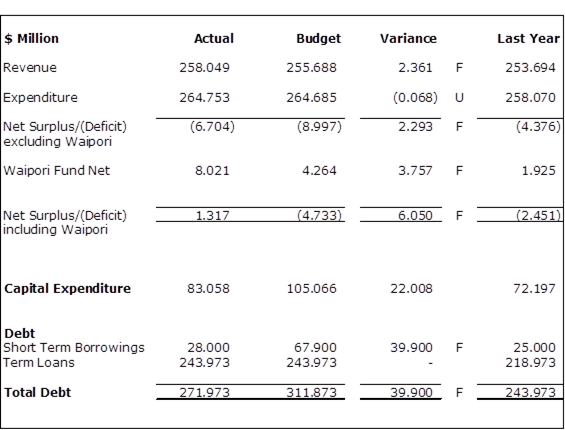
|
RECOMMENDATIONS
That Council:
a) Notes the Financial Performance for the ten months 30 April
2021 and the Financial Position as at that date.
|
BACKGROUND
3 This
report provides the financial statements for the ten months ended 30 April
2021. It includes reports on: financial performance, financial position,
cashflows and capital expenditure. The operating result is also shown by
group, including analysis by revenue and expenditure type.
DISCUSSION
4 The
year to date favourable revenue variance included increased activity at the
Green Island Landfill, and unbudgeted government project funding for Economic
Development, Three Waters, Property and Parks.
5 These
favourable revenue variances were partially offset by lower grants funding in
transport due to a lower level of subsidised capital expenditure. Parking
revenue was also tracking below budget due to the temporary closure of the St
Andrew & Dowling street carparks while on-site works were completed.
6 Overall
expenditure was in line with budget. Favourable variances included:
· favourable
interest expenditure due to the lower level of borrowing and a favourable
floating interest rate,
· delayed
timing of some grant expenditure including allocation and disbursement from the
Covid19 fund,
· favourable
personnel costs reflecting vacancies across the organisation,
· timing/savings
of greenspace maintenance costs in Parks resulting in part from better
management of the related contracts.
7 These
favourable variances were offset by:
· higher
ETS and variable contract costs at the Green Island Landfill as a result of
increased activity,
· development/scoping
costs in Transport related to the major projects programme. Roading
maintenance was also running ahead of budget due to the timing of expenditure,
· expenditure
related to the government project funding discussed above,
· unbudgeted
costs associated with the second-generation district plan,
· expenditure
related to resource consents due to the high number of applications received.
8 The
operating result for the Waipori Fund was favourable year to date with positive
movements across all equity markets. Fair value adjustments in the
current month were positive following the market decline in March.
9 Capital
expenditure was $1.901 million ahead of budget for the month reflecting a number
of projects now in delivery – Three Waters in particular. The
current forecast has full year expenditure between $95.0m and $100.0m.
NEXT STEPS
10 Financial
Result Reports continue be presented to future meetings of either the Finance
and Council Controlled Organisation Committee or Council.
Signatories
|
Authoriser:
|
Gavin Logie - Acting General Manager Finance
|
Attachments
|
|
Title
|
Page
|
|
⇩a
|
Summary Financial
Information
|
343
|
|
⇩b
|
Statement of Financial
Performance
|
344
|
|
⇩c
|
Statement of Financial
Position
|
345
|
|
⇩d
|
Statement of Cashflows
|
346
|
|
⇩e
|
Capital Expenditure
Summary
|
347
|
|
⇩f
|
Summary of Operating
Variances
|
348
|
|

|
Council
25 May 2021
|
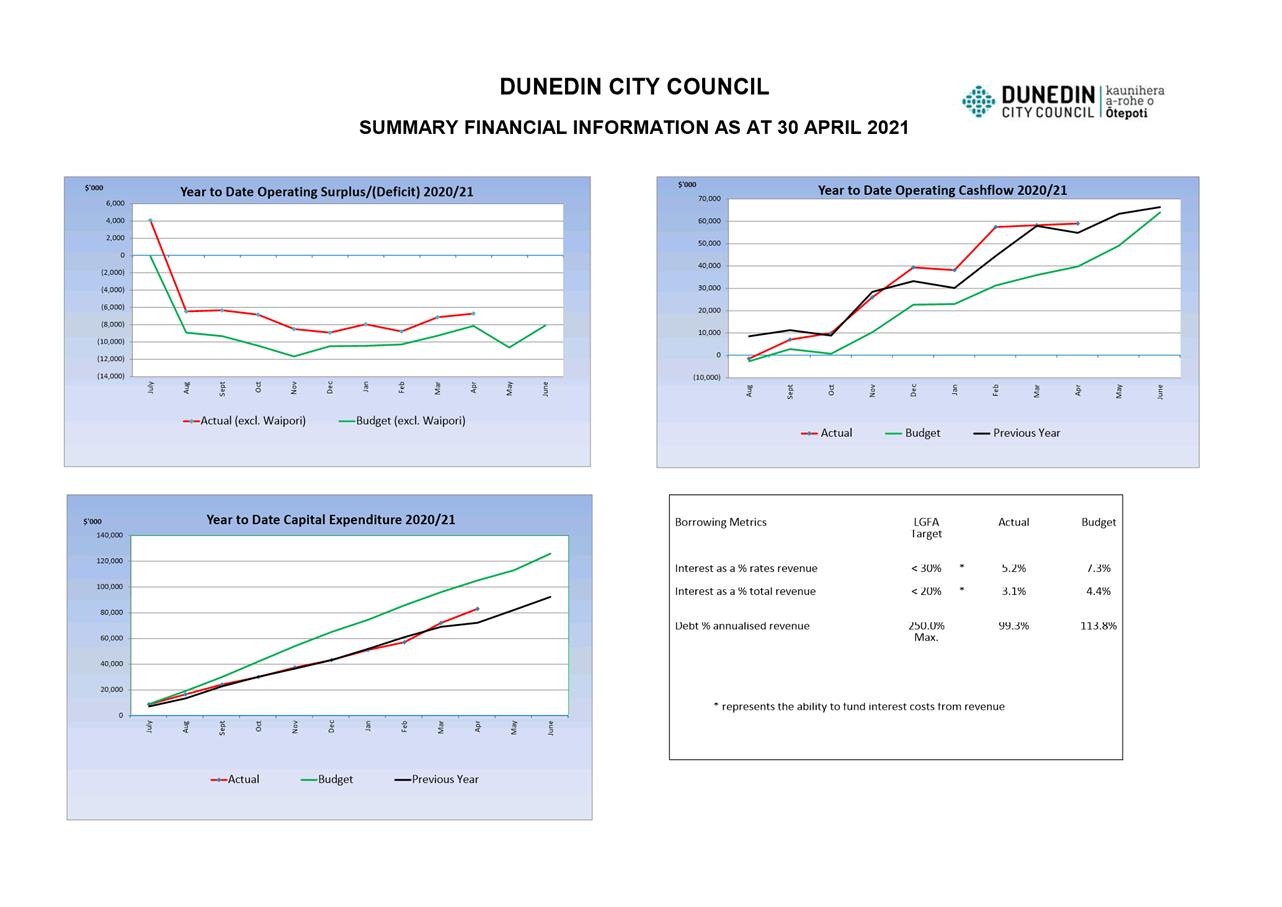
|

|
Council
25 May 2021
|
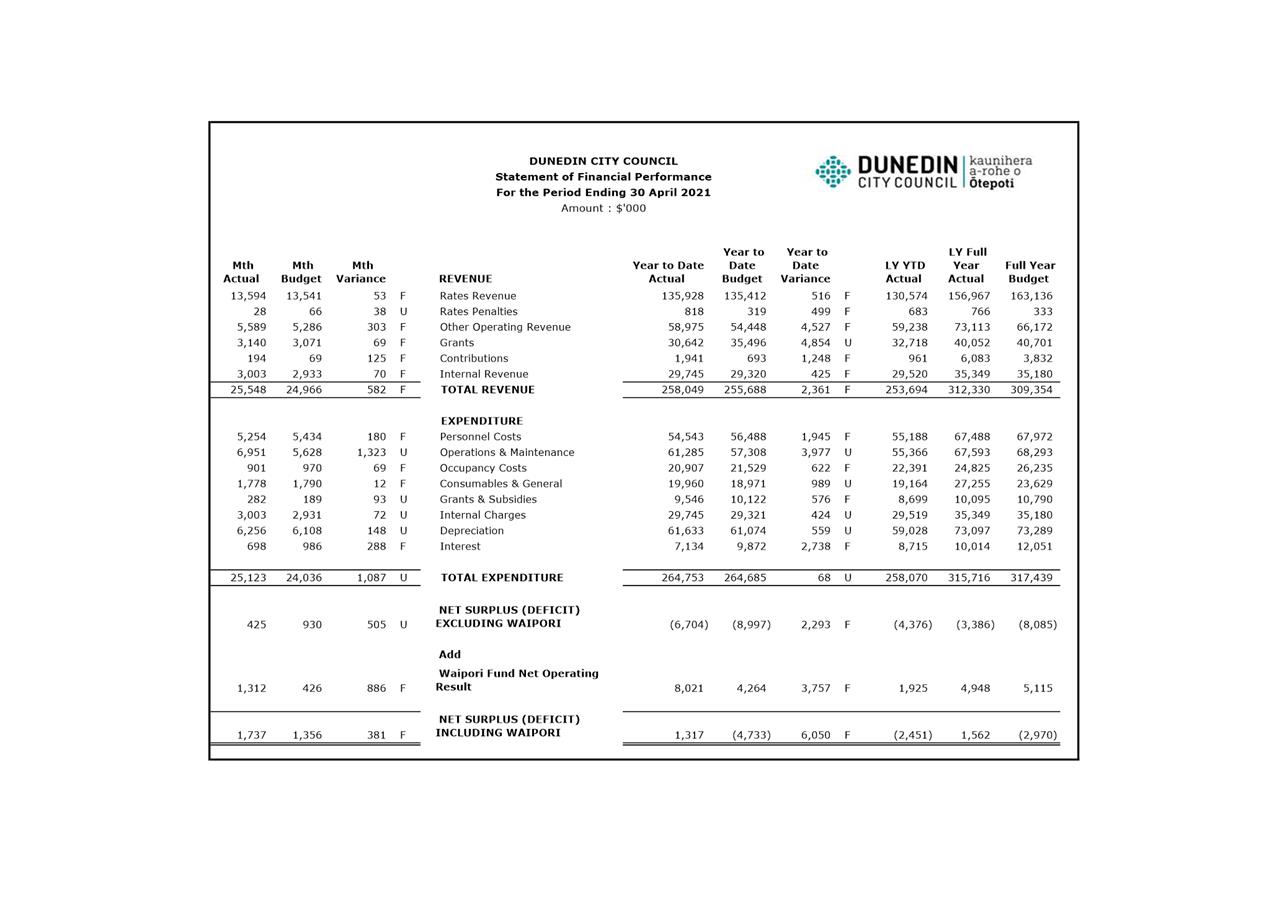
|

|
Council
25 May 2021
|
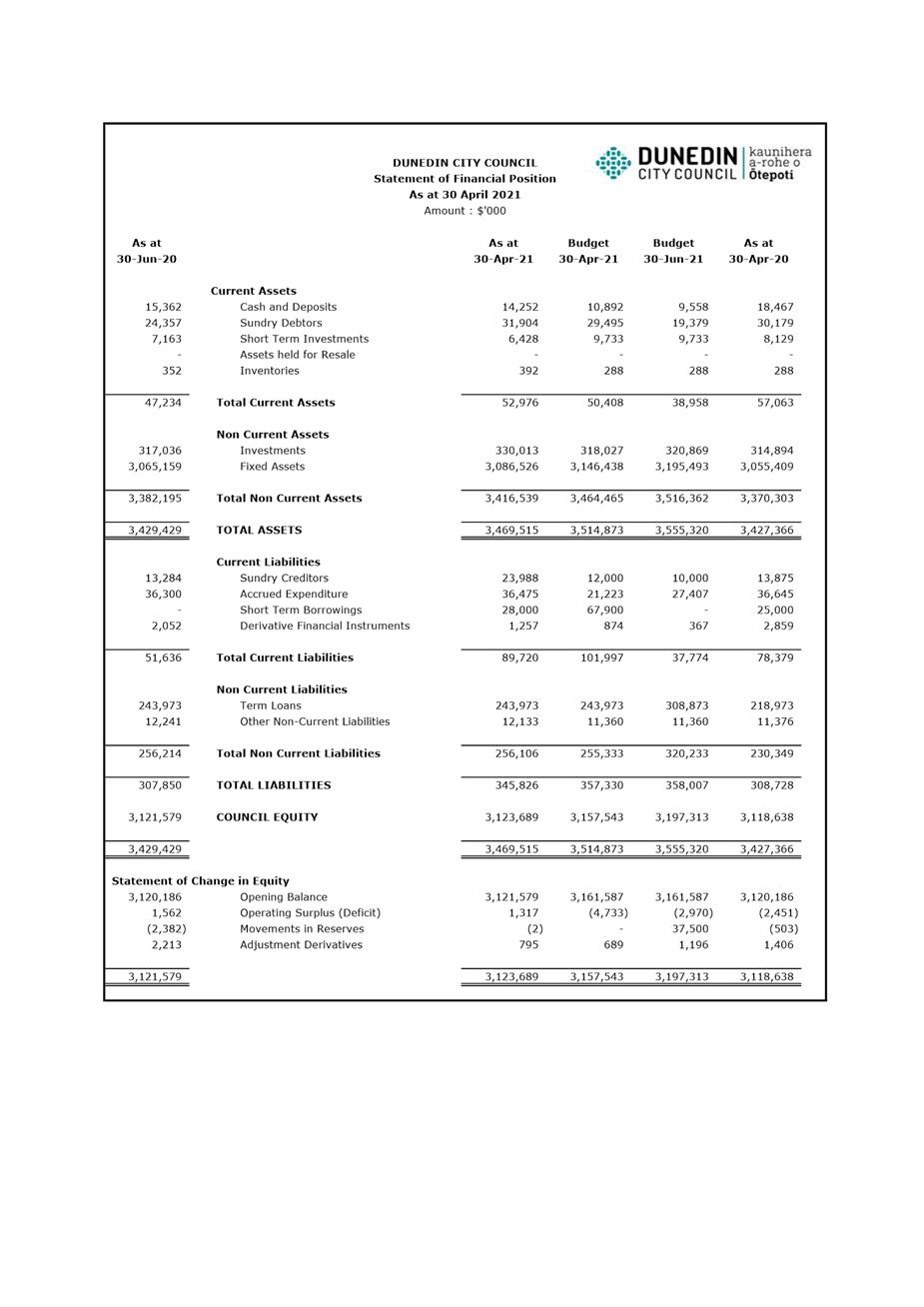
|

|
Council
25 May 2021
|
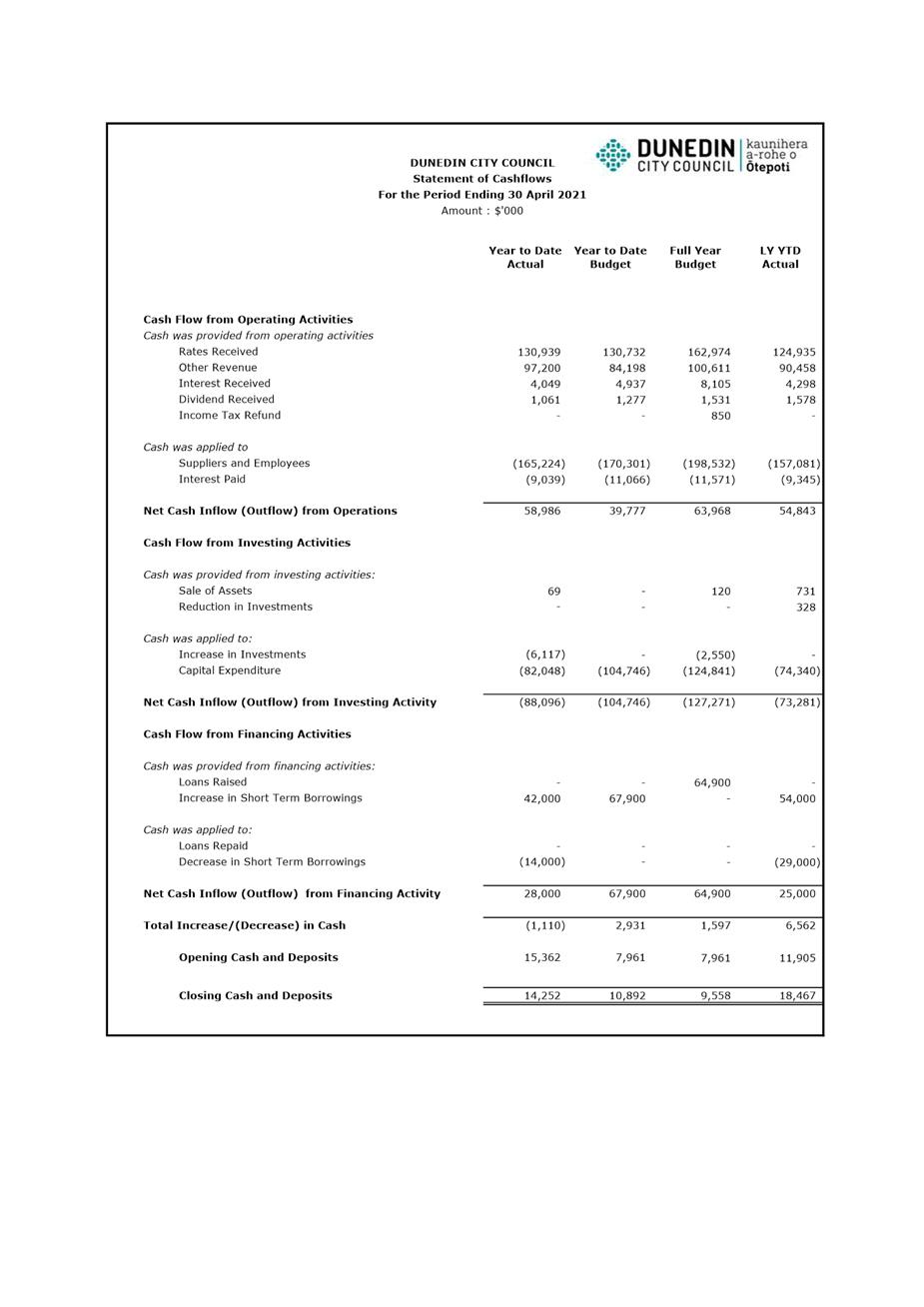
|

|
Council
25 May 2021
|
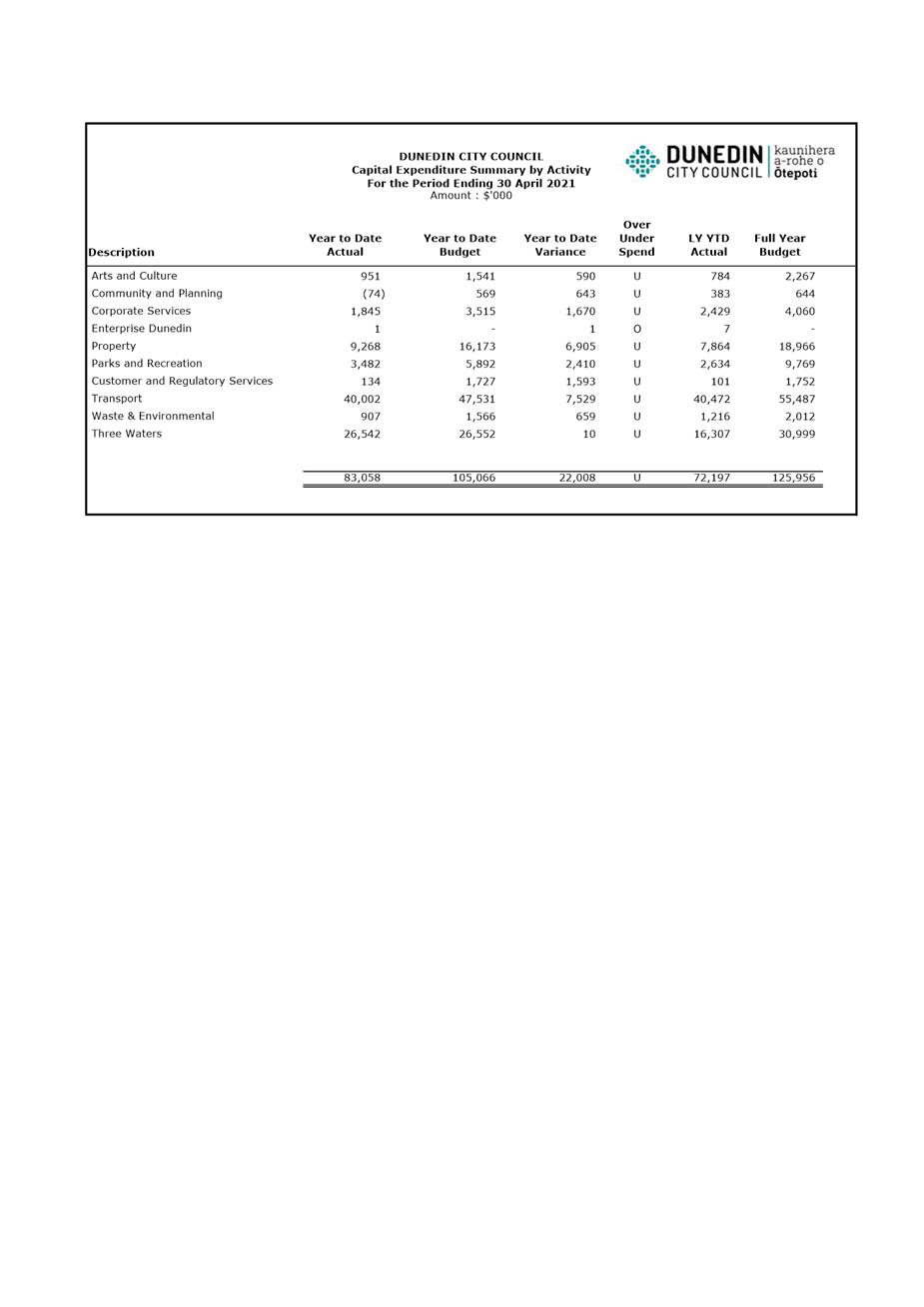
|

|
Council
25 May 2021
|
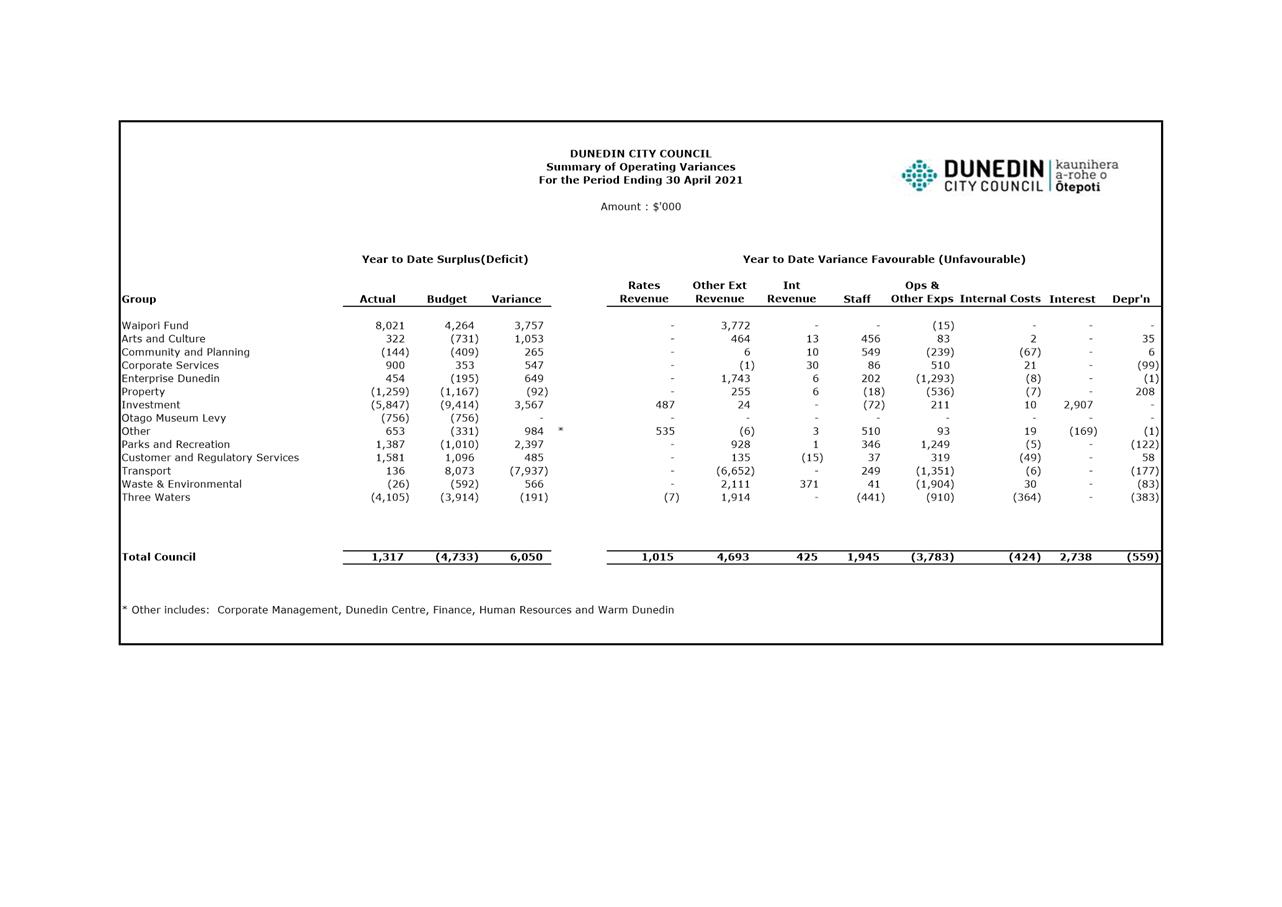
|

|
Council
25 May 2021
|
Resolution to Exclude the
Public
That the Council excludes
the public from the following part of the proceedings of this meeting (pursuant
to the provisions of the Local Government Official Information and Meetings Act
1987) namely:
|
General subject of the matter to be considered
|
Reasons
for passing this resolution in relation to each matter
|
Ground(s) under
section 48(1) for the passing of this resolution
|
Reason for
Confidentiality
|
|
C1
Confirmation of the Confidential Minutes of Ordinary Council meeting -
13 April 2021 - Public Excluded
|
S6(a)
The
making available of the information would be likely to prejudice the
maintenance of the law, including the prevention, investigation, and
detection of offences and the right to a fair trial.
S7(2)(a)
The
withholding of the information is necessary to protect the privacy of natural
persons, including that of a deceased person.
S7(2)(b)(i)
The
withholding of the information is necessary to protect information where the
making available of the information would disclose a trade secret.
S7(2)(i)
The
withholding of the information is necessary to enable the local authority to
carry on, without prejudice or disadvantage, negotiations (including
commercial and industrial negotiations).
|
.
|
|
|
C2
Confidential Council Actions from Resolutions at Council Meetings
|
S6(a)
The
making available of the information would be likely to prejudice the
maintenance of the law, including the prevention, investigation, and
detection of offences and the right to a fair trial.
|
S48(1)(a)
The public conduct of
the part of the meeting would be likely to result in the disclosure of
information for which good reason for withholding exists under section 6.
|
|
|
C3
Confidential Council Forward Work Programme
|
S7(2)(h)
The
withholding of the information is necessary to enable the local authority to
carry out, without prejudice or disadvantage, commercial activities.
|
S48(1)(a)
The public conduct of
the part of the meeting would be likely to result in the disclosure of
information for which good reason for withholding exists under section 7.
|
|
|
C4
Contract Matter: Waste
|
S7(2)(h)
The
withholding of the information is necessary to enable the local authority to
carry out, without prejudice or disadvantage, commercial activities.
|
S48(1)(a)
The public conduct of
the part of the meeting would be likely to result in the disclosure of
information for which good reason for withholding exists under section 7.
|
|
This
resolution is made in reliance on Section 48(1)(a) of the Local Government
Official Information and Meetings Act 1987, and the particular interest or
interests protected by Section 6 or Section 7 of that Act, or Section 6
or Section 7 or Section 9 of the Official Information Act 1982, as the case may
require, which would be prejudiced by the holding of the whole or the relevant
part of the proceedings of the meeting in public are as shown above after each
item.






































































































































































































